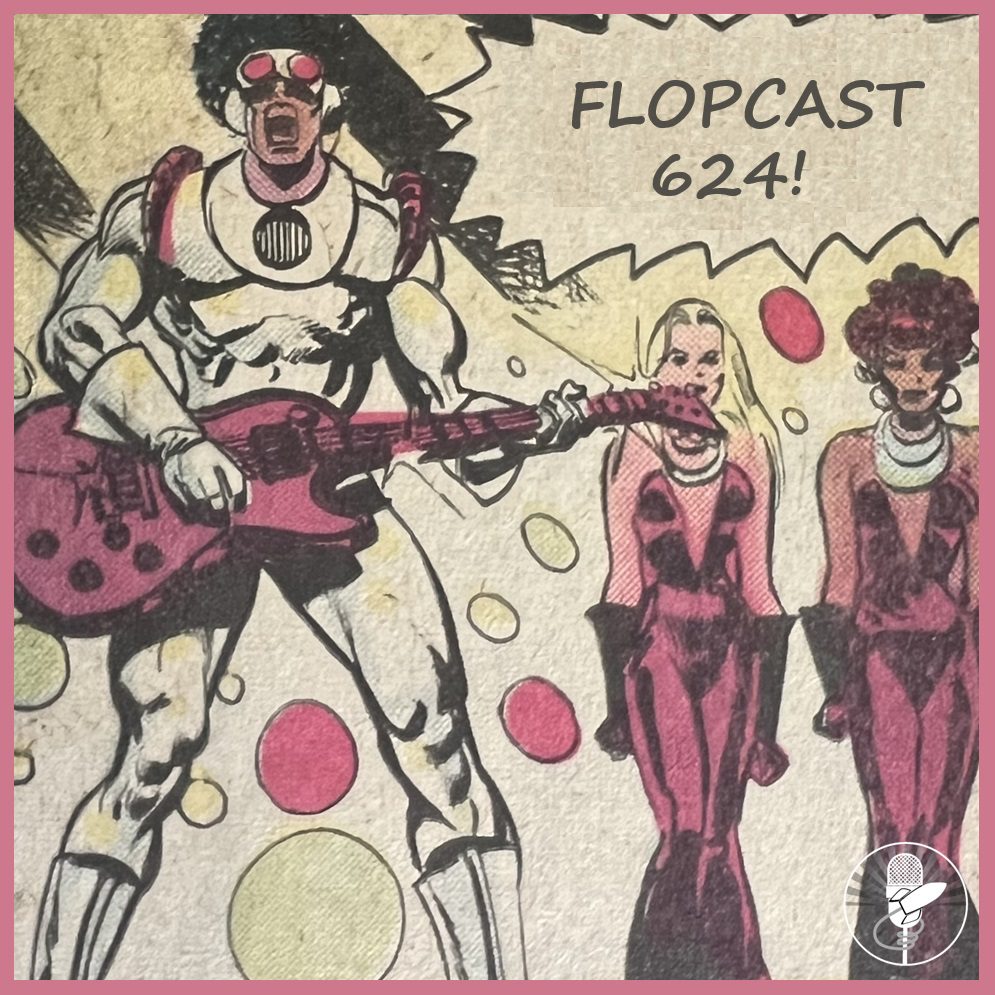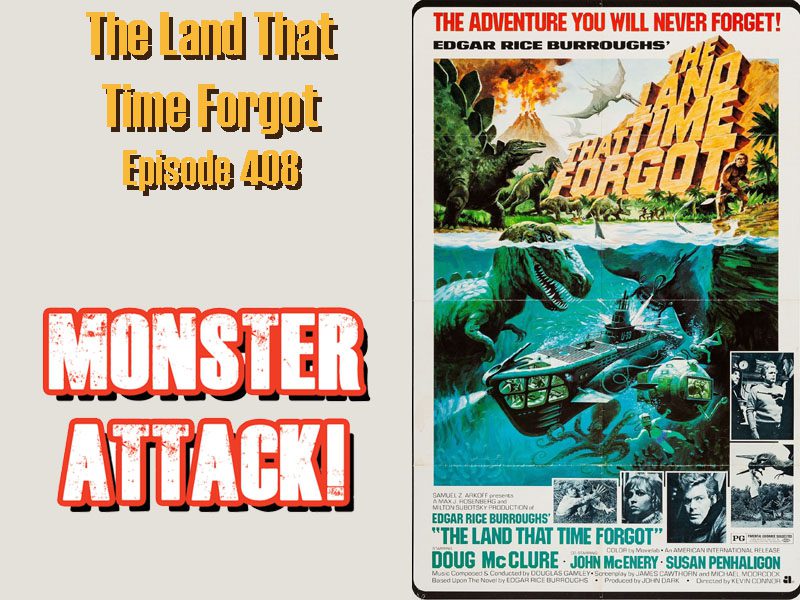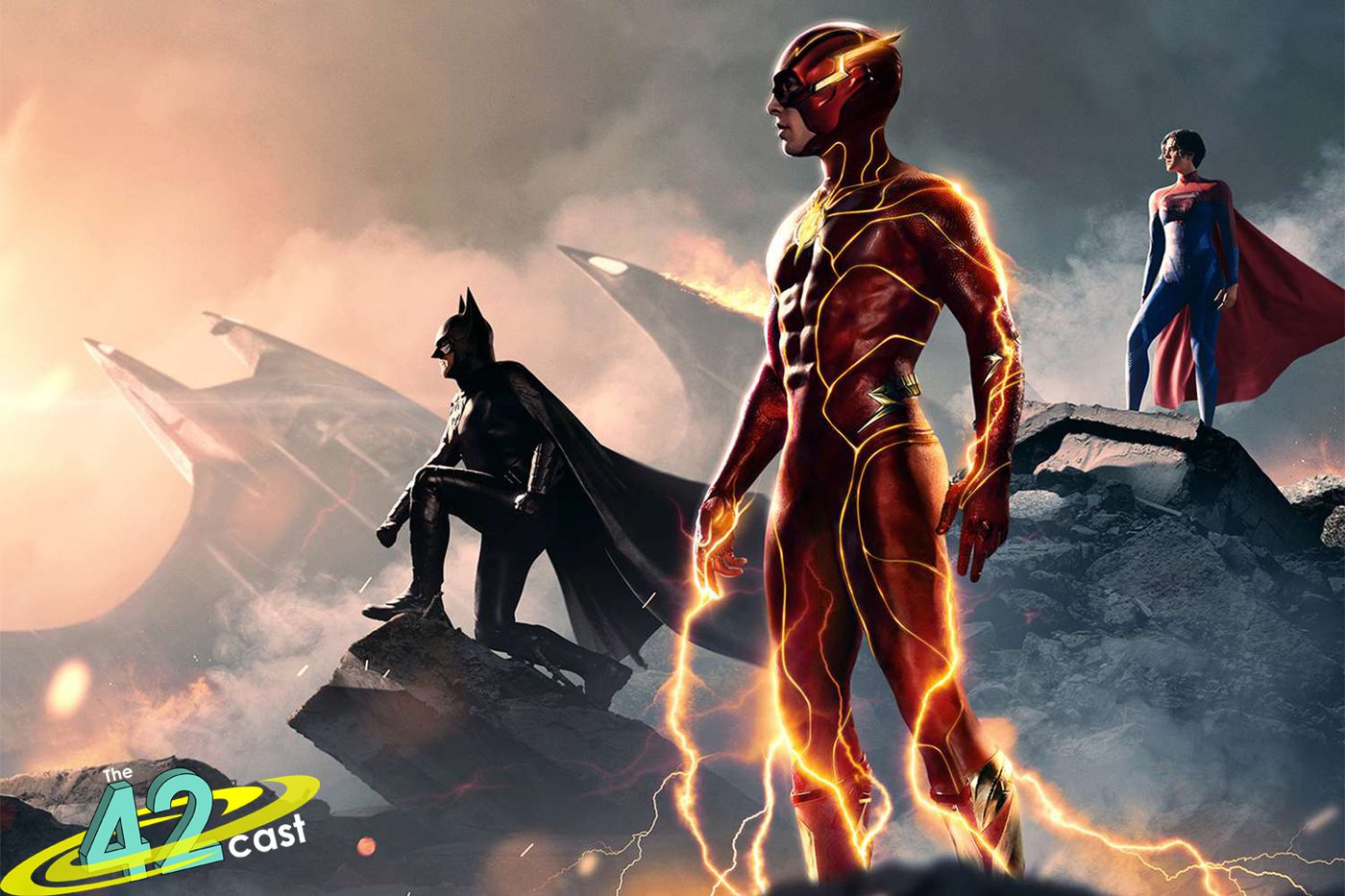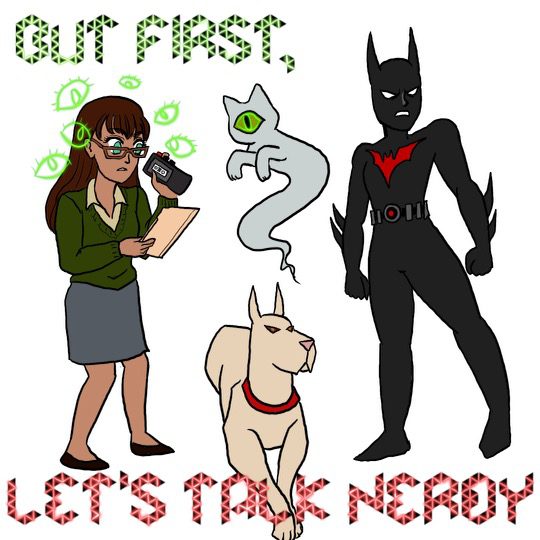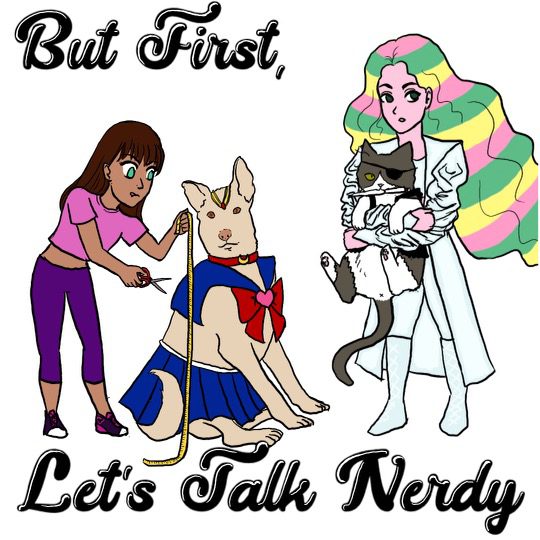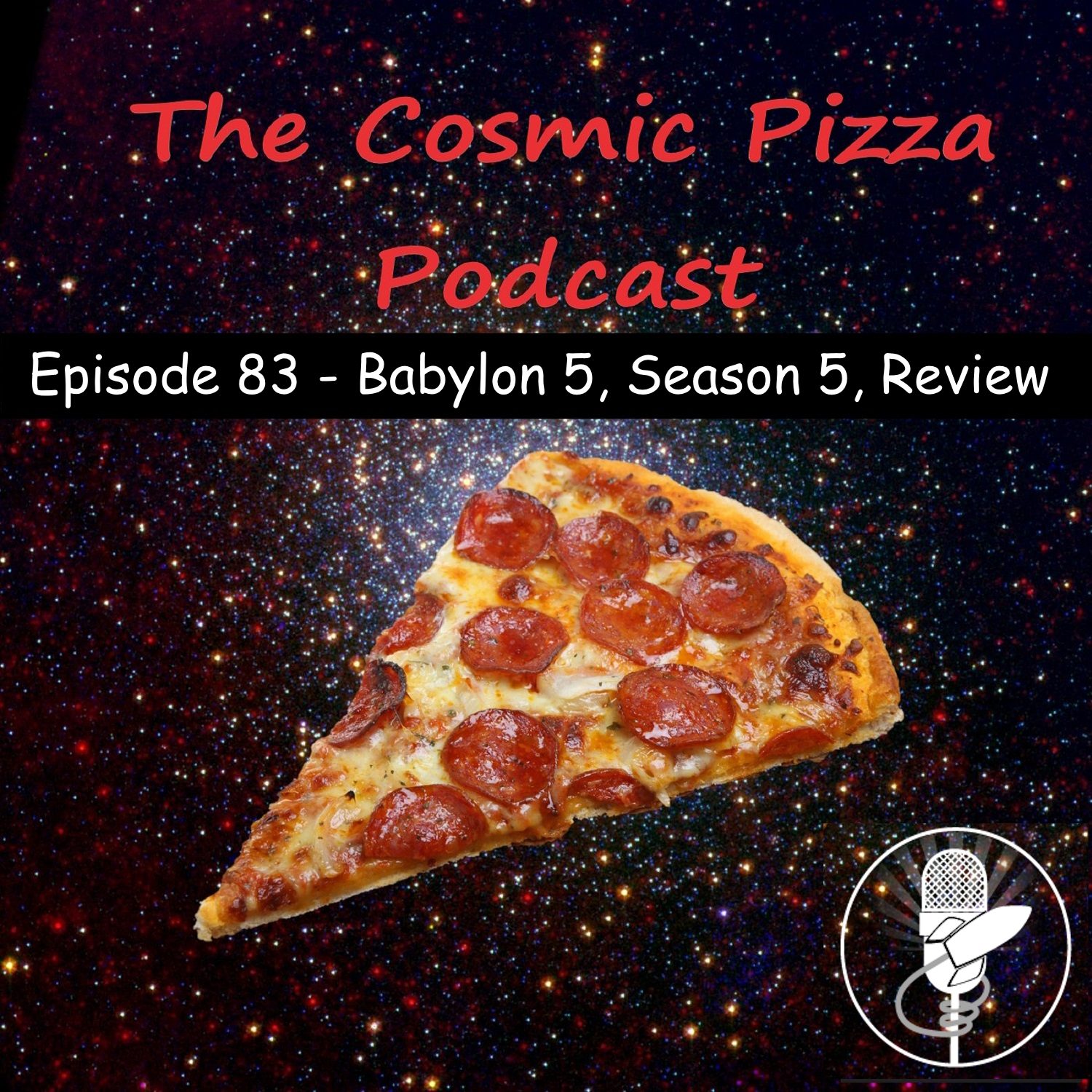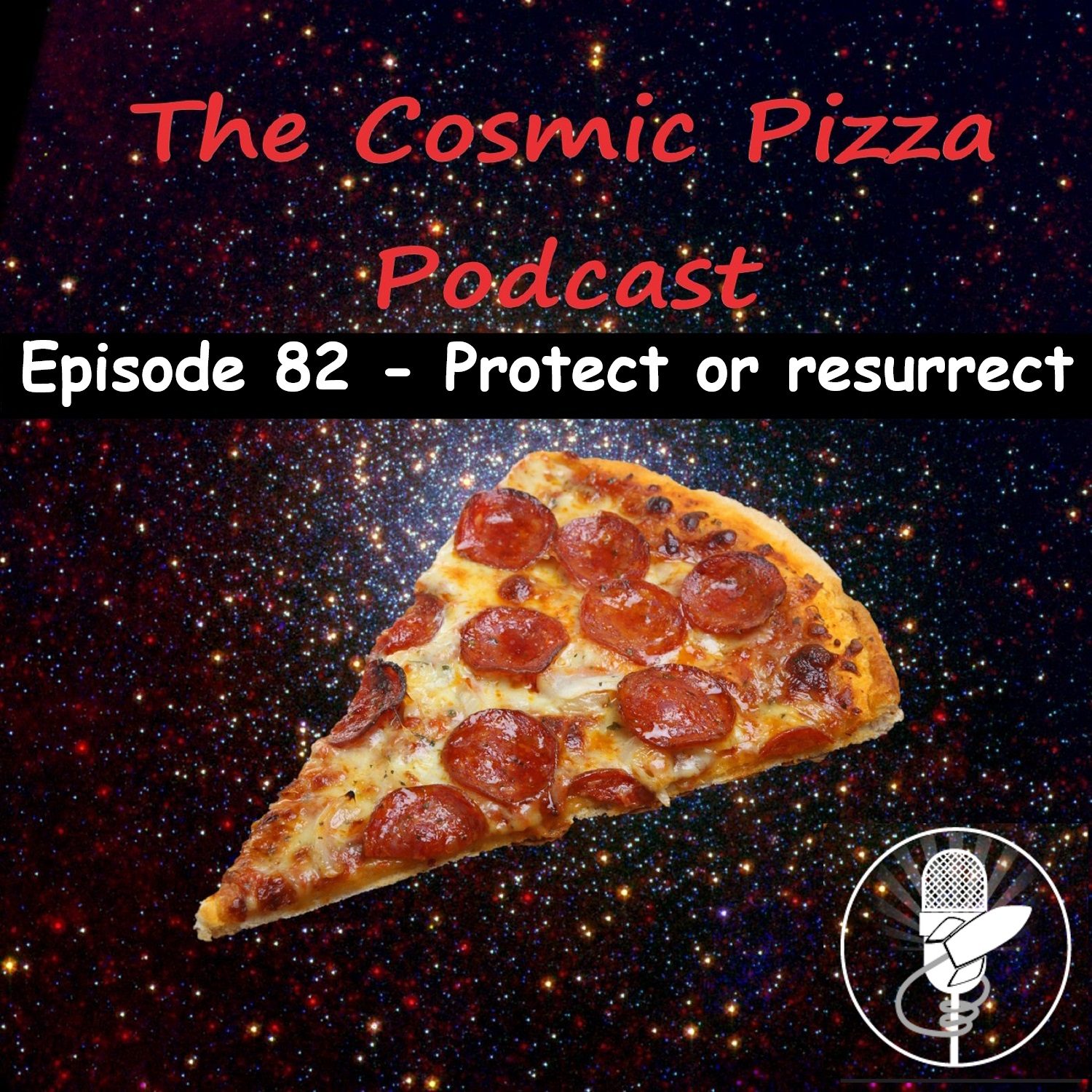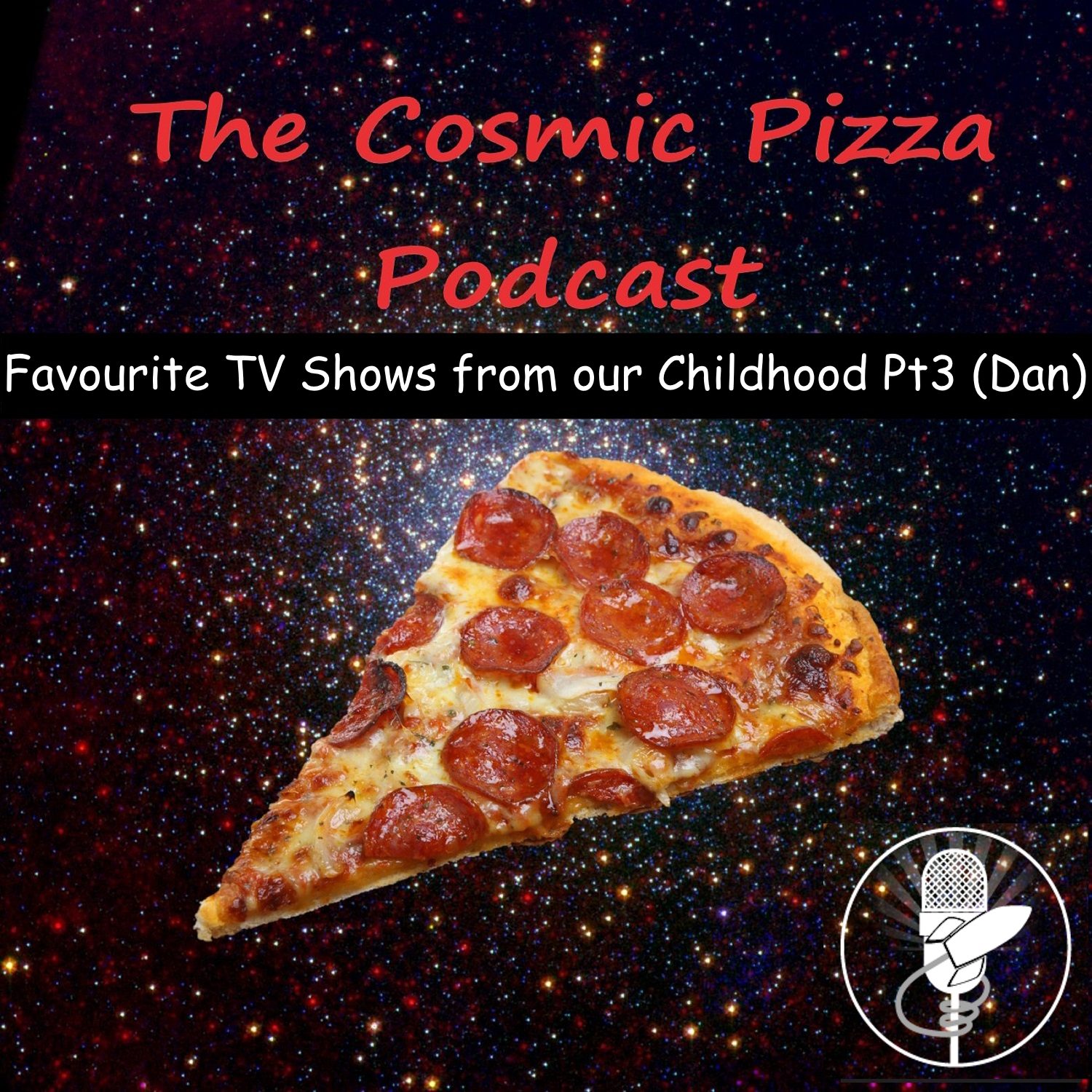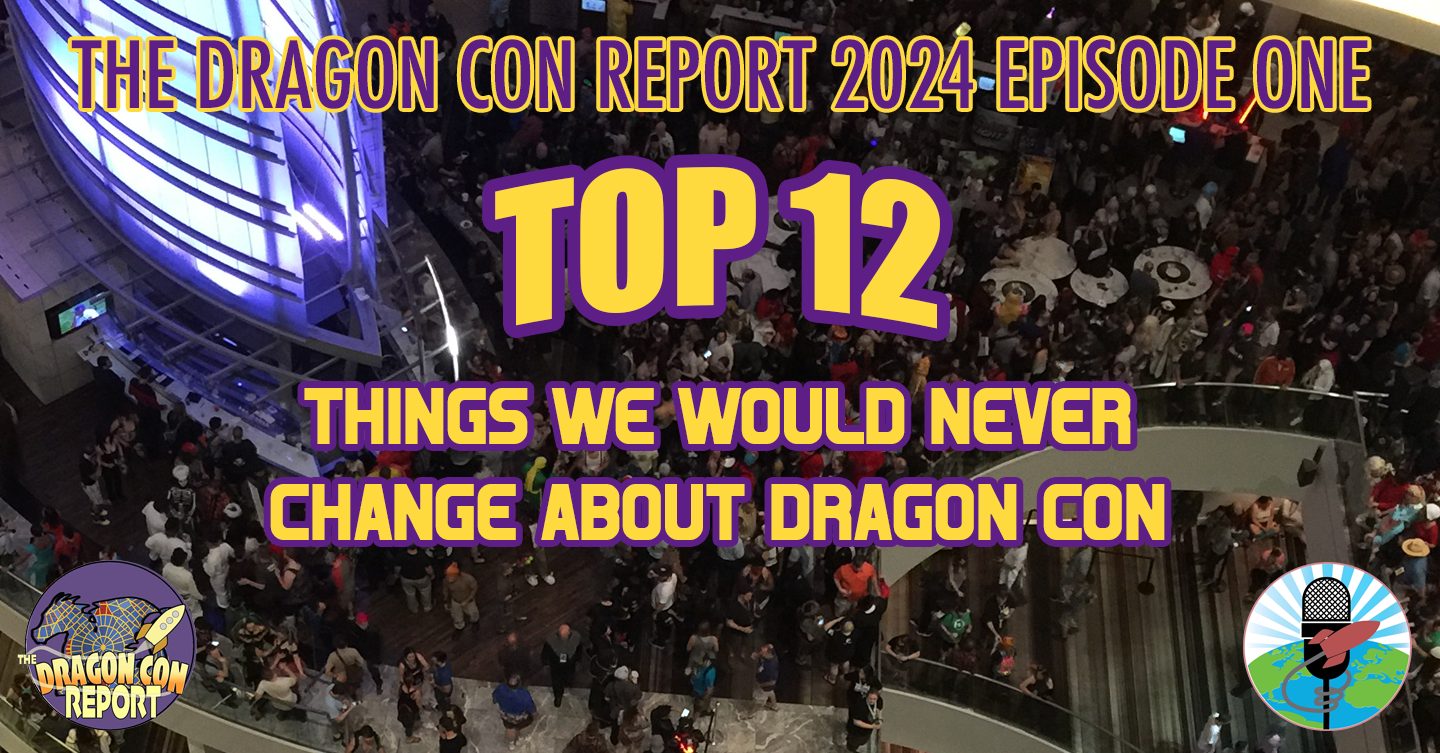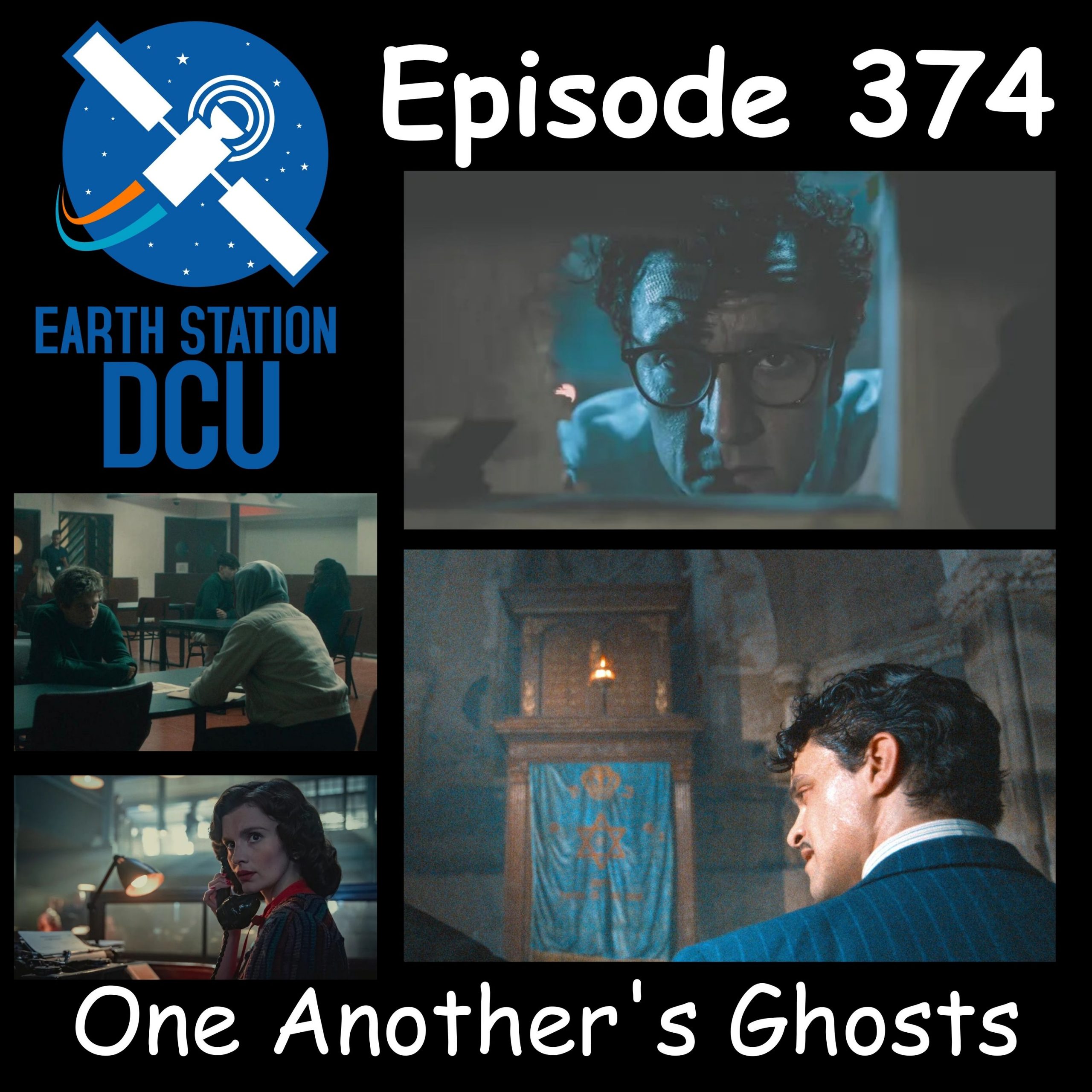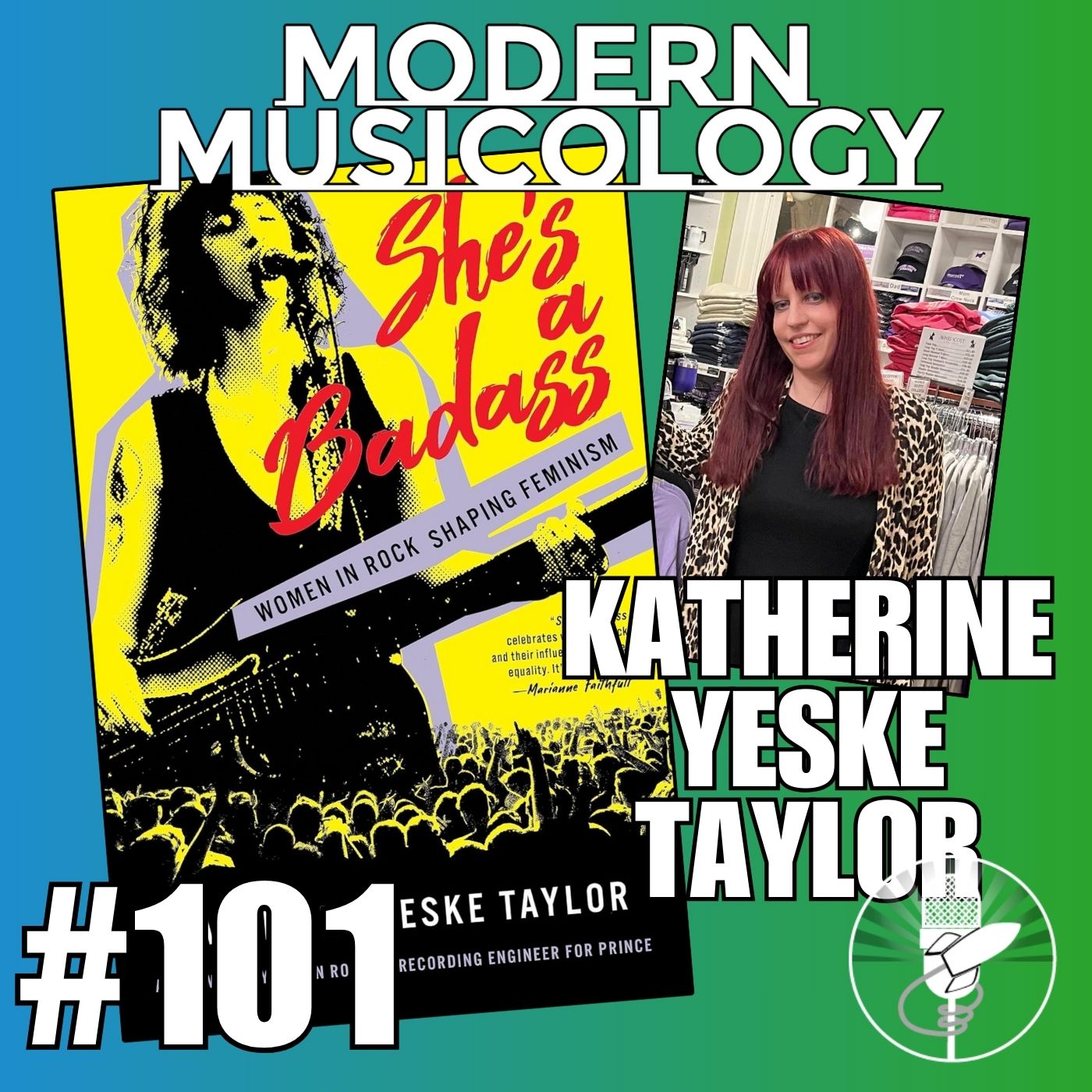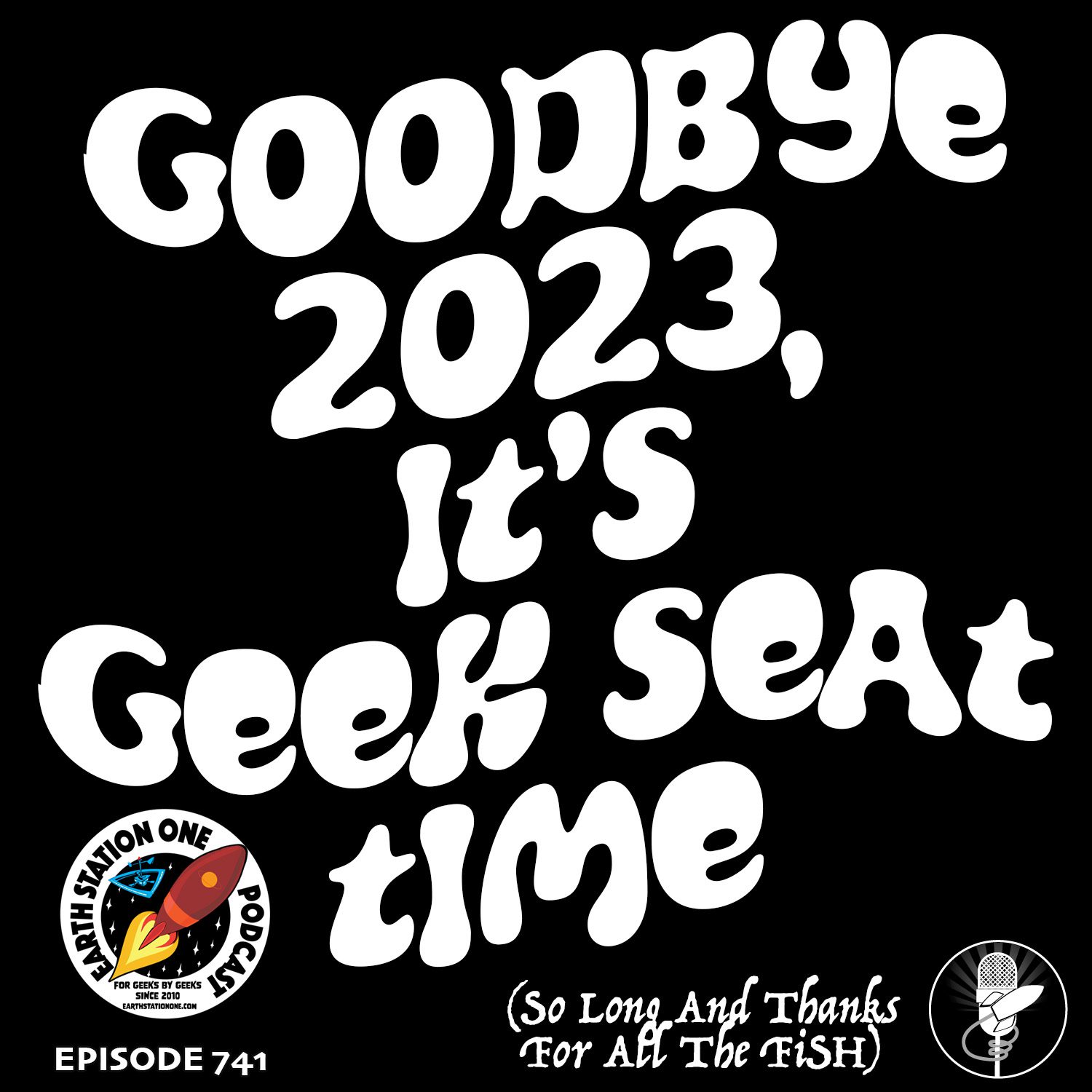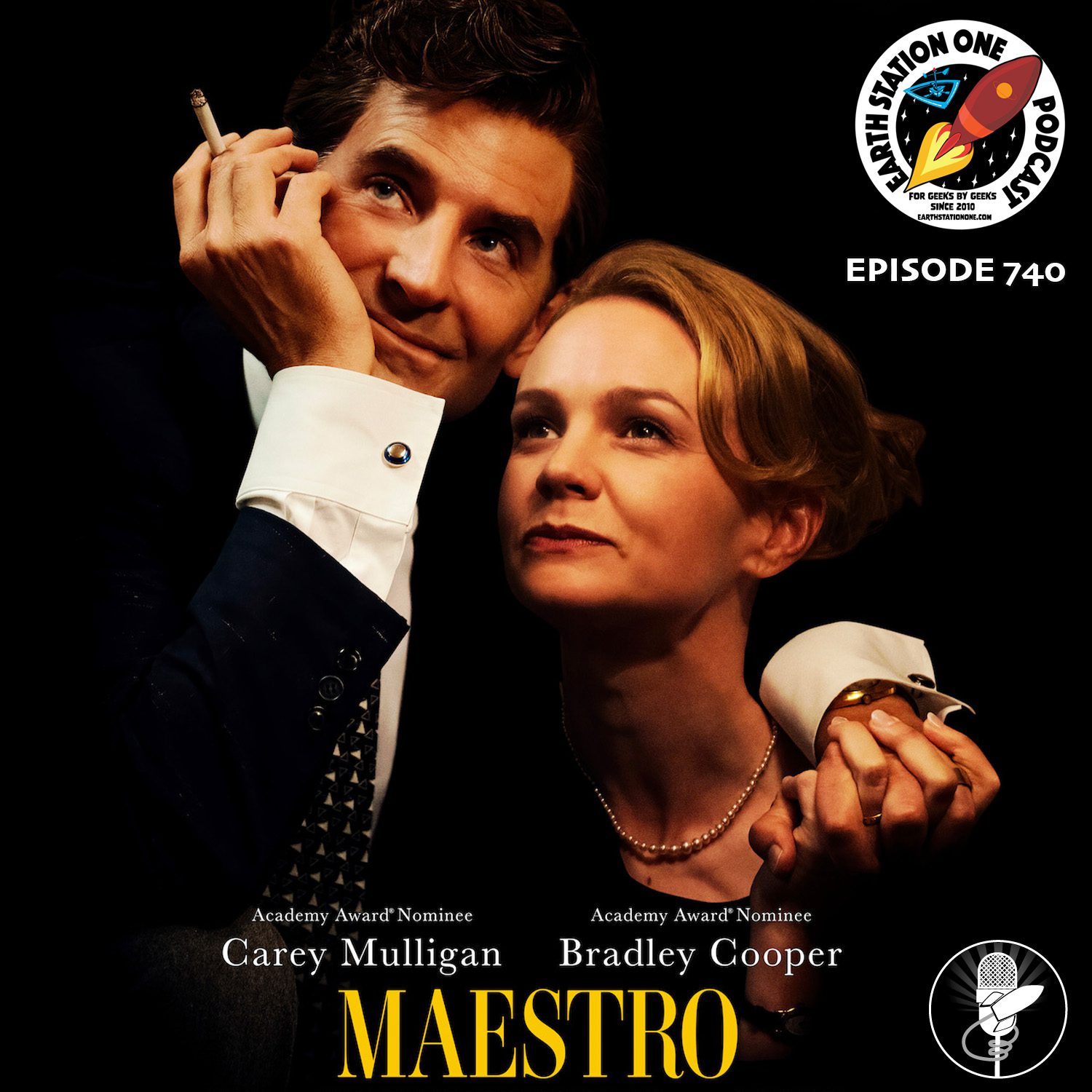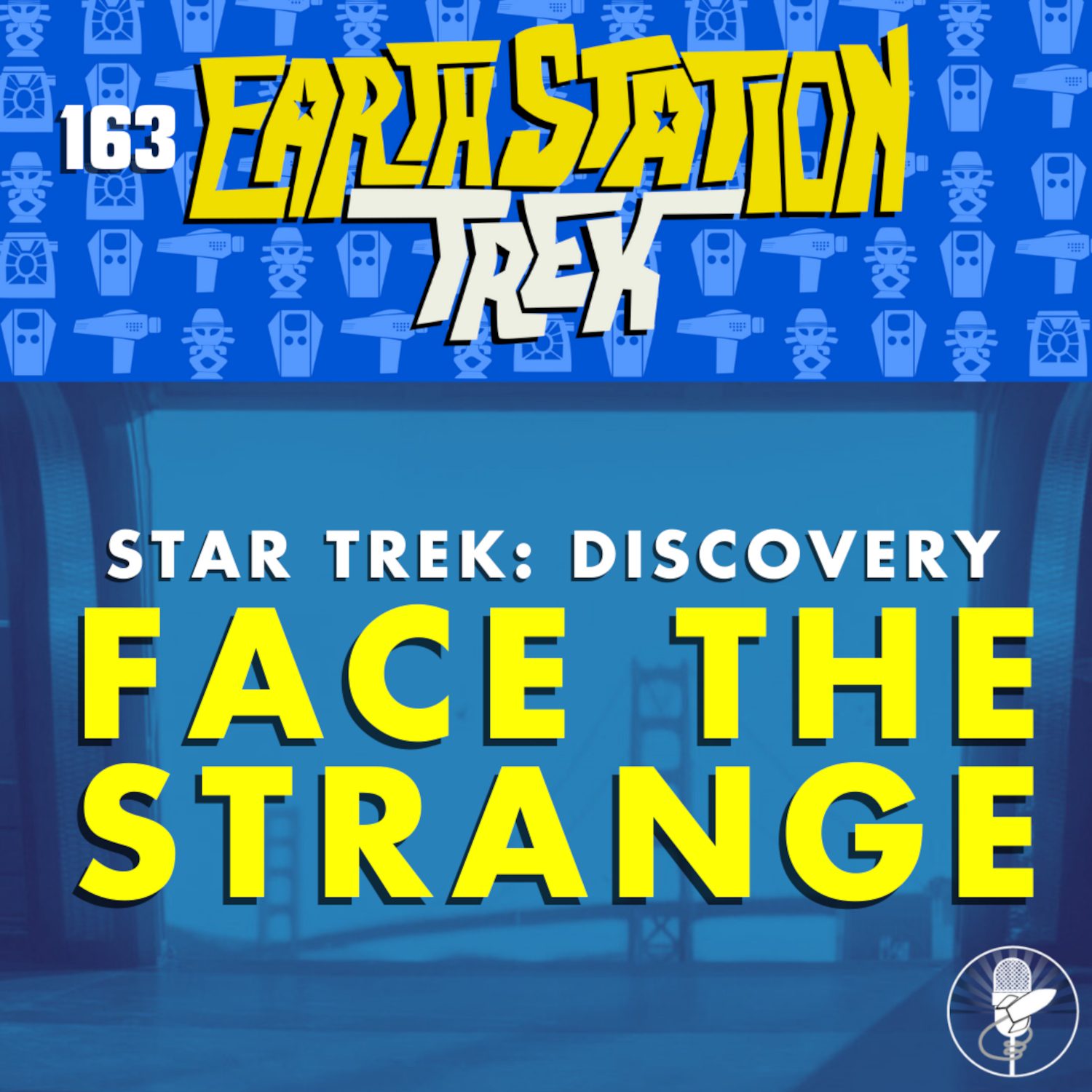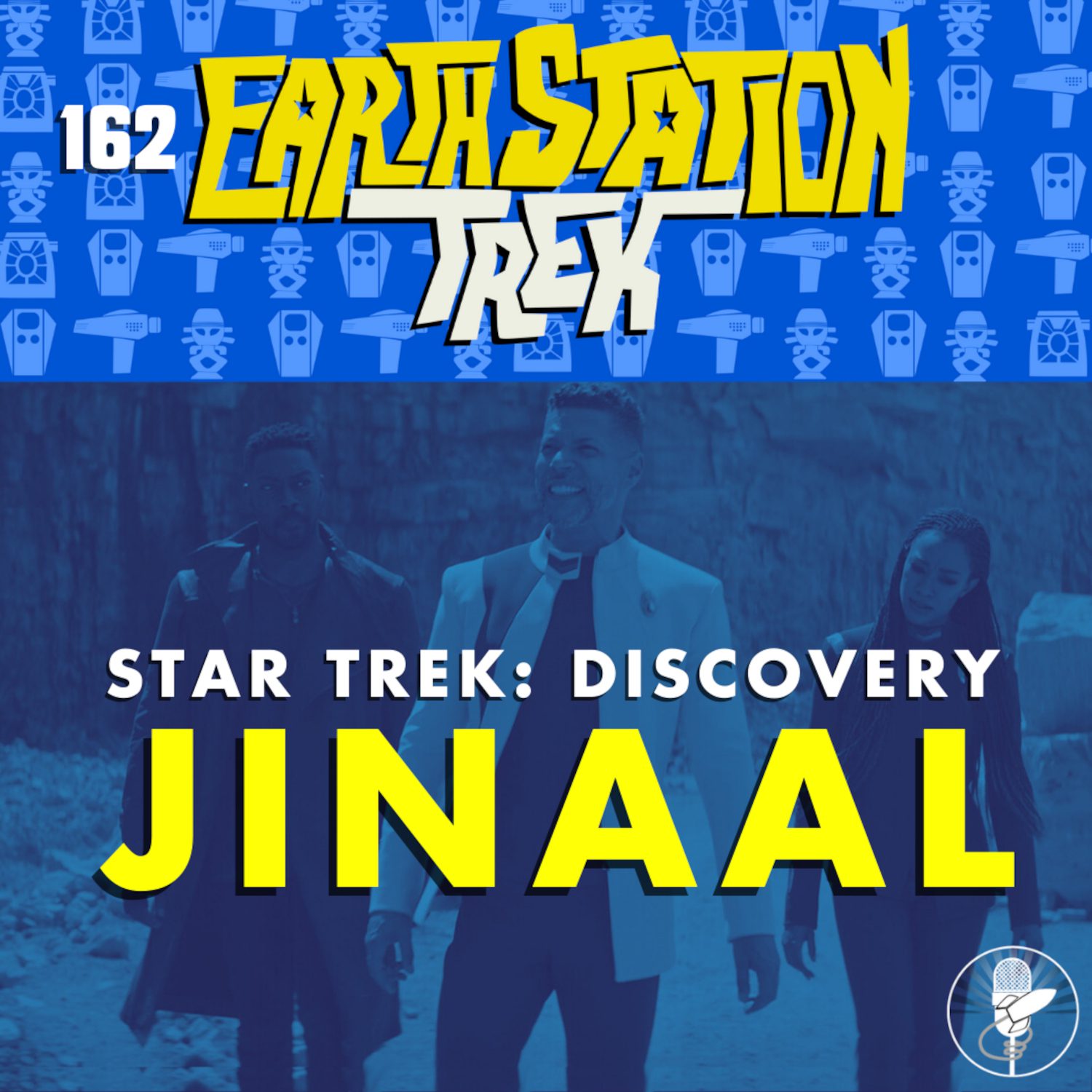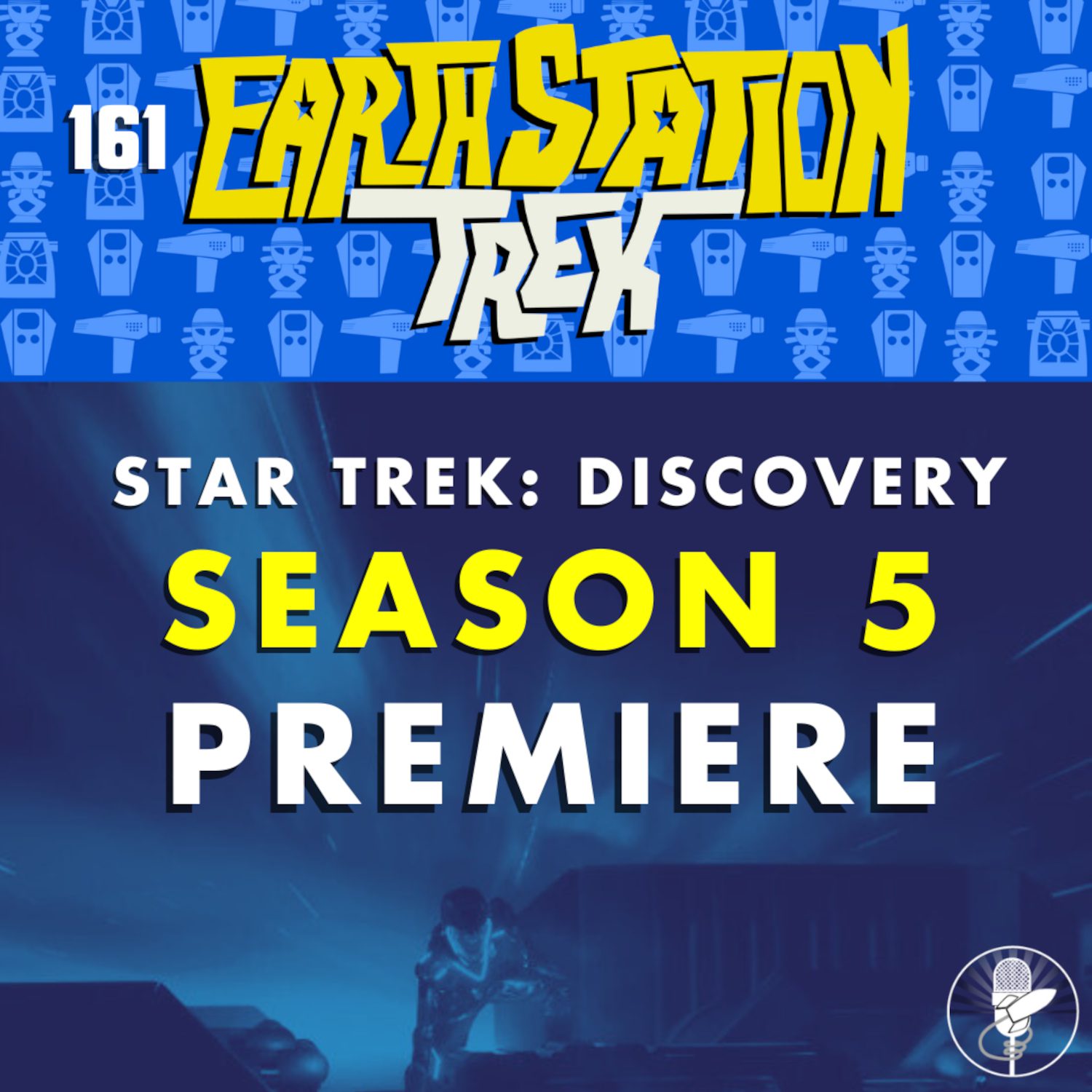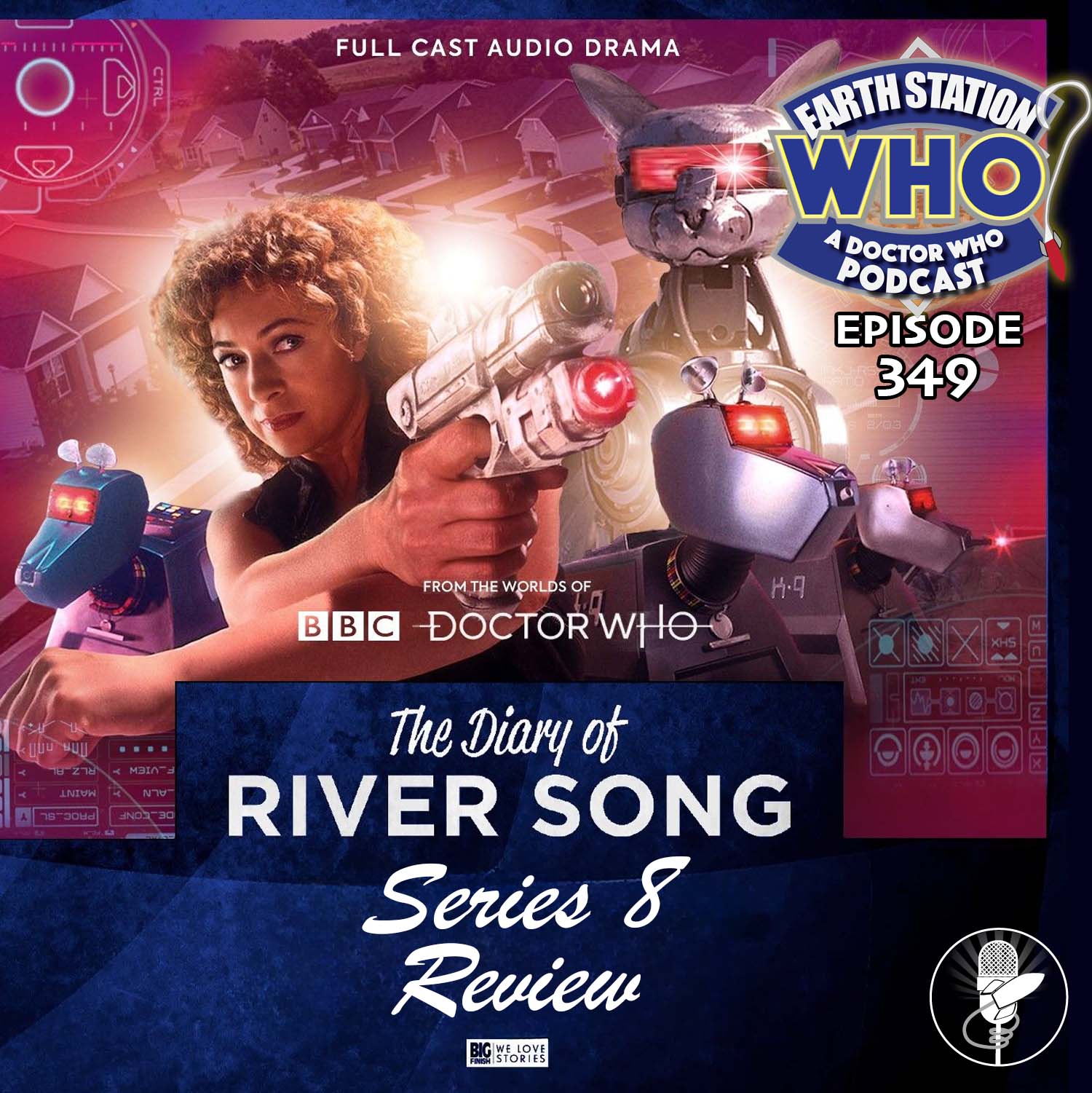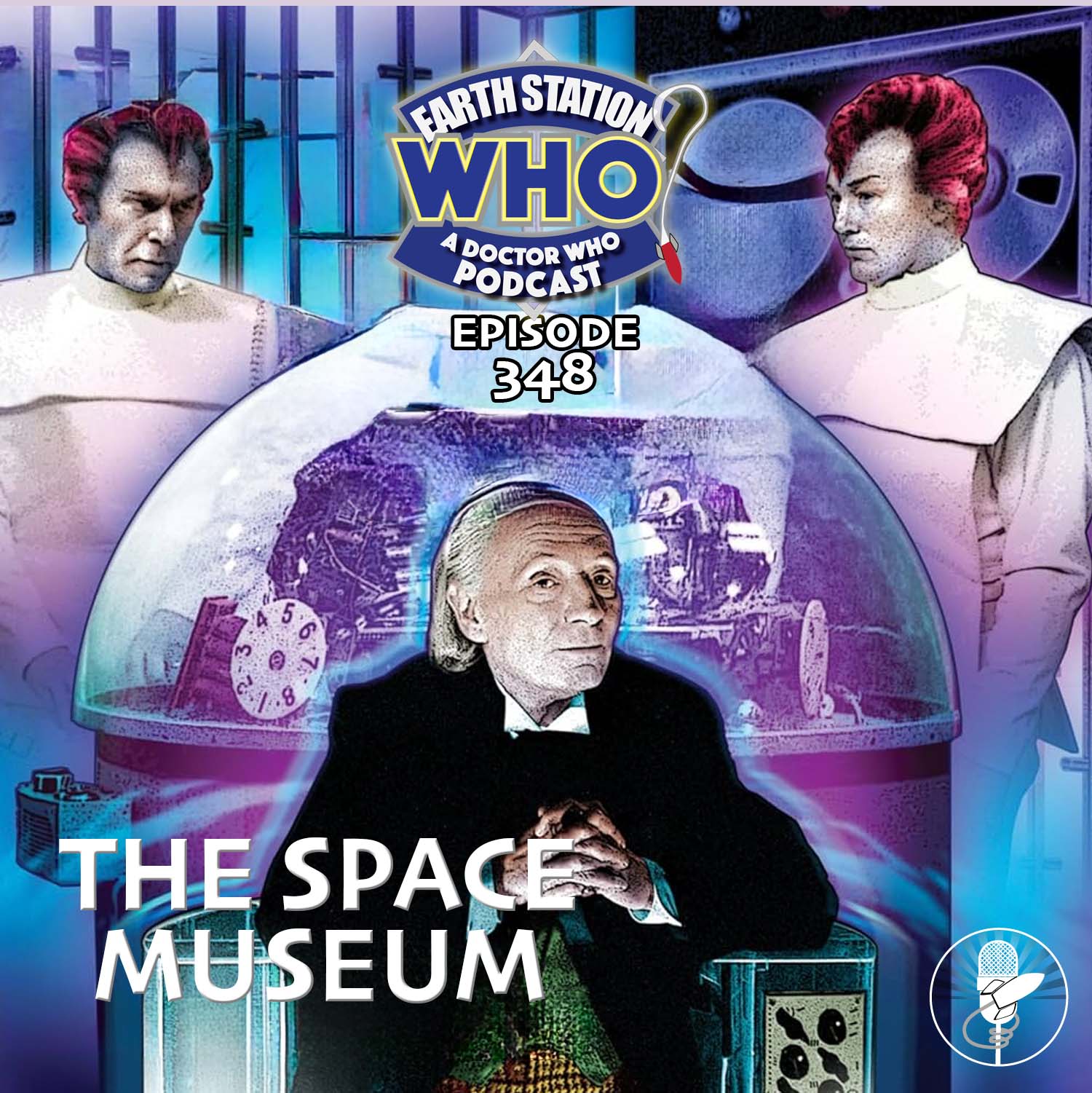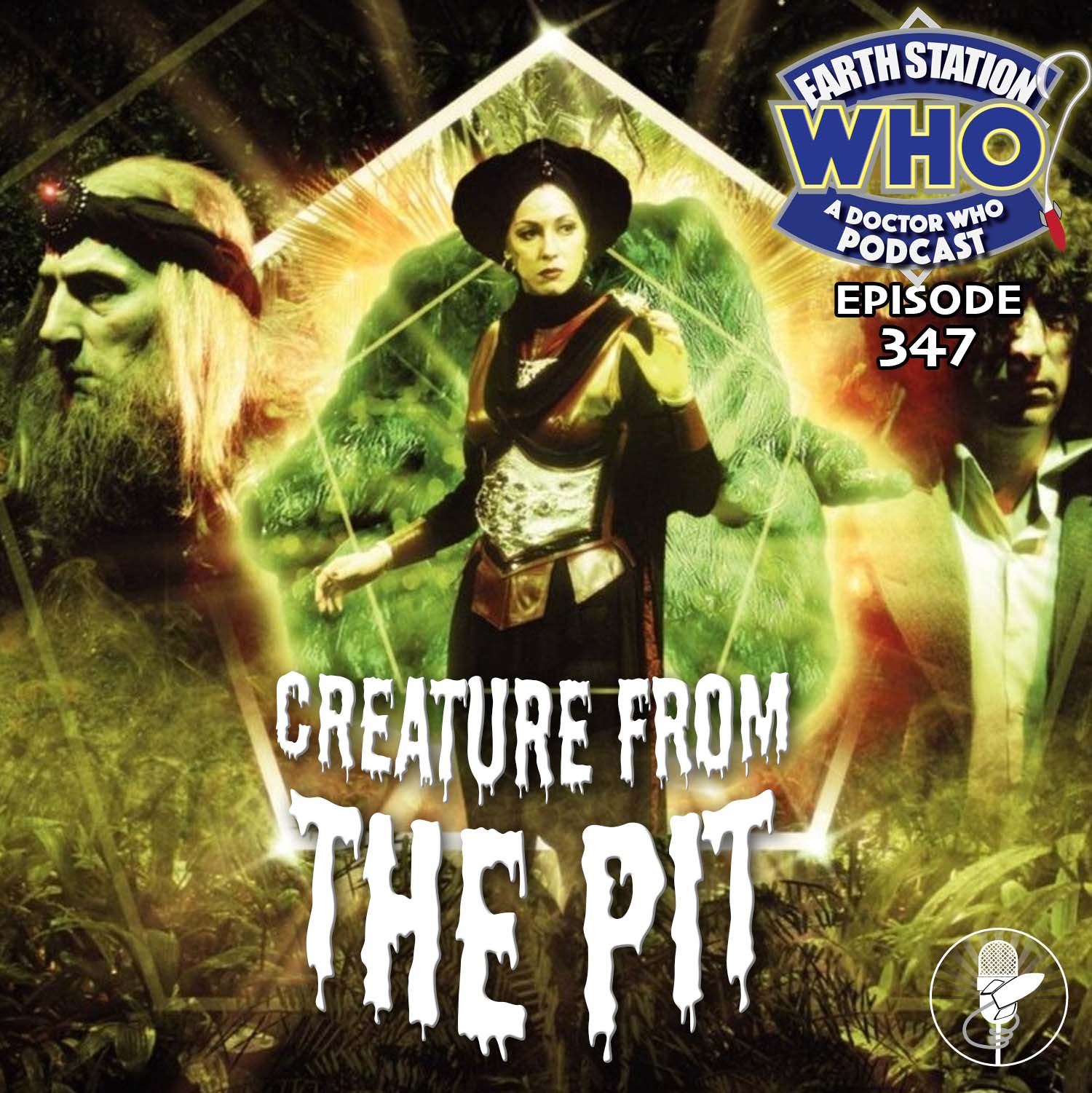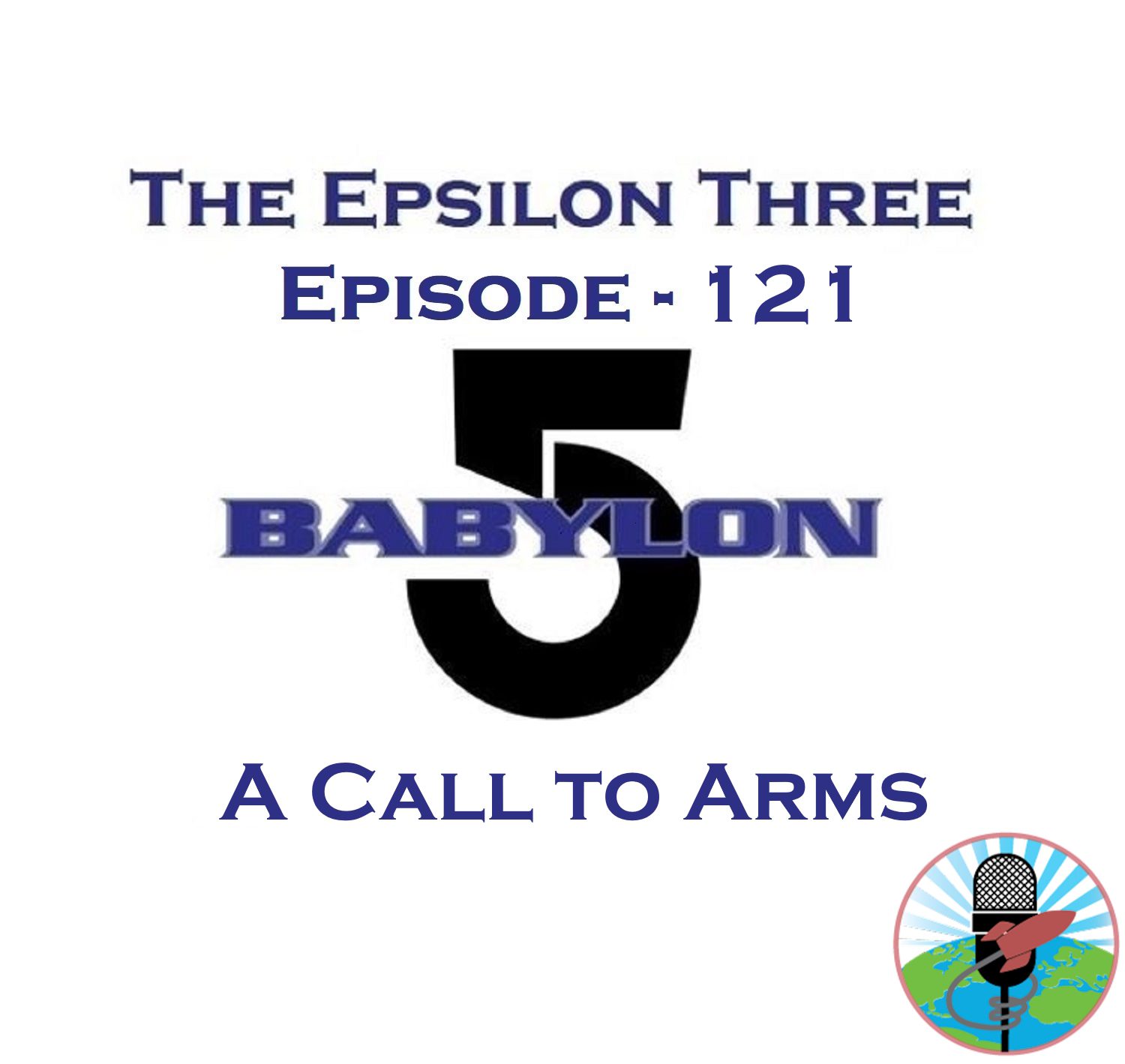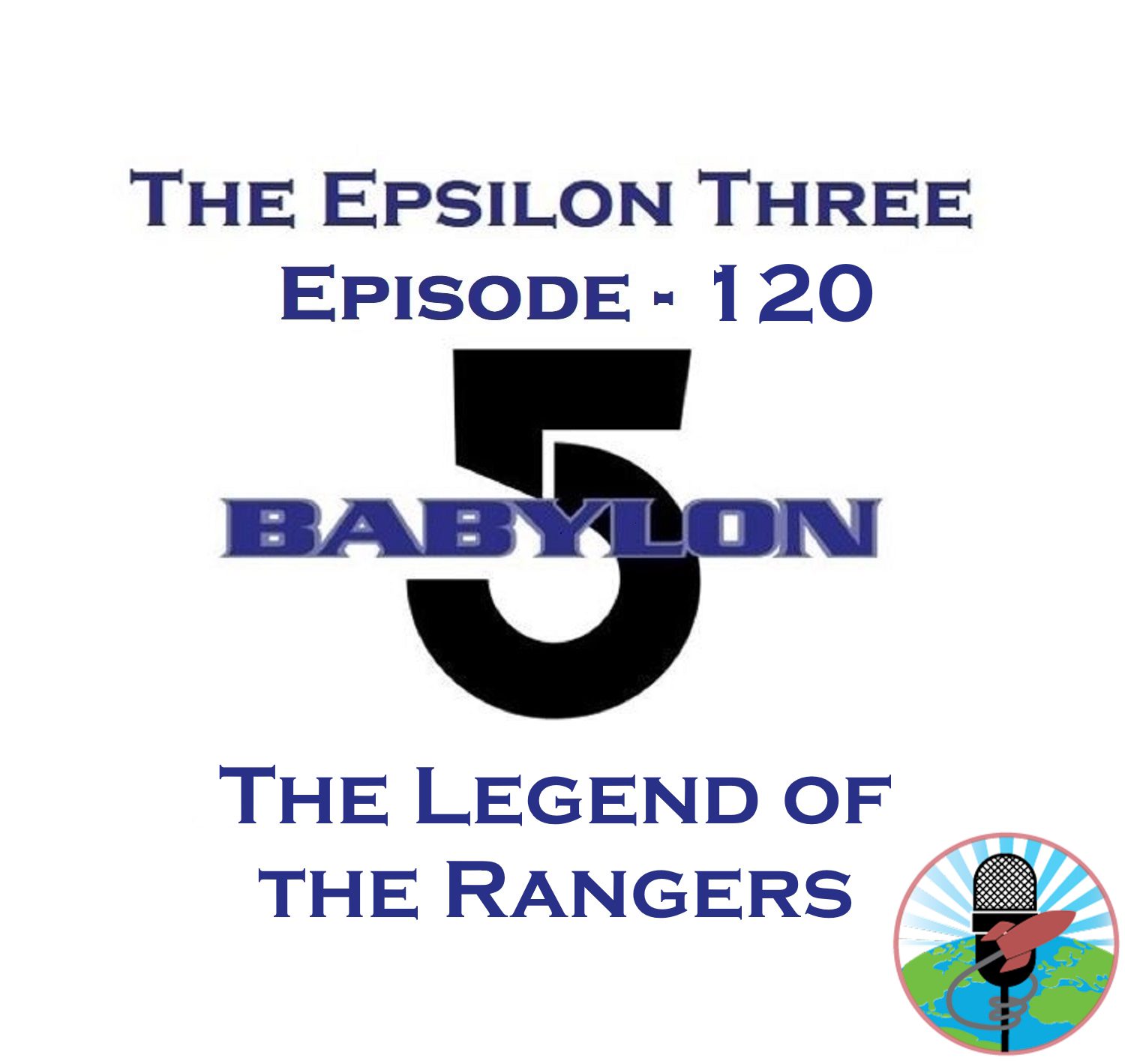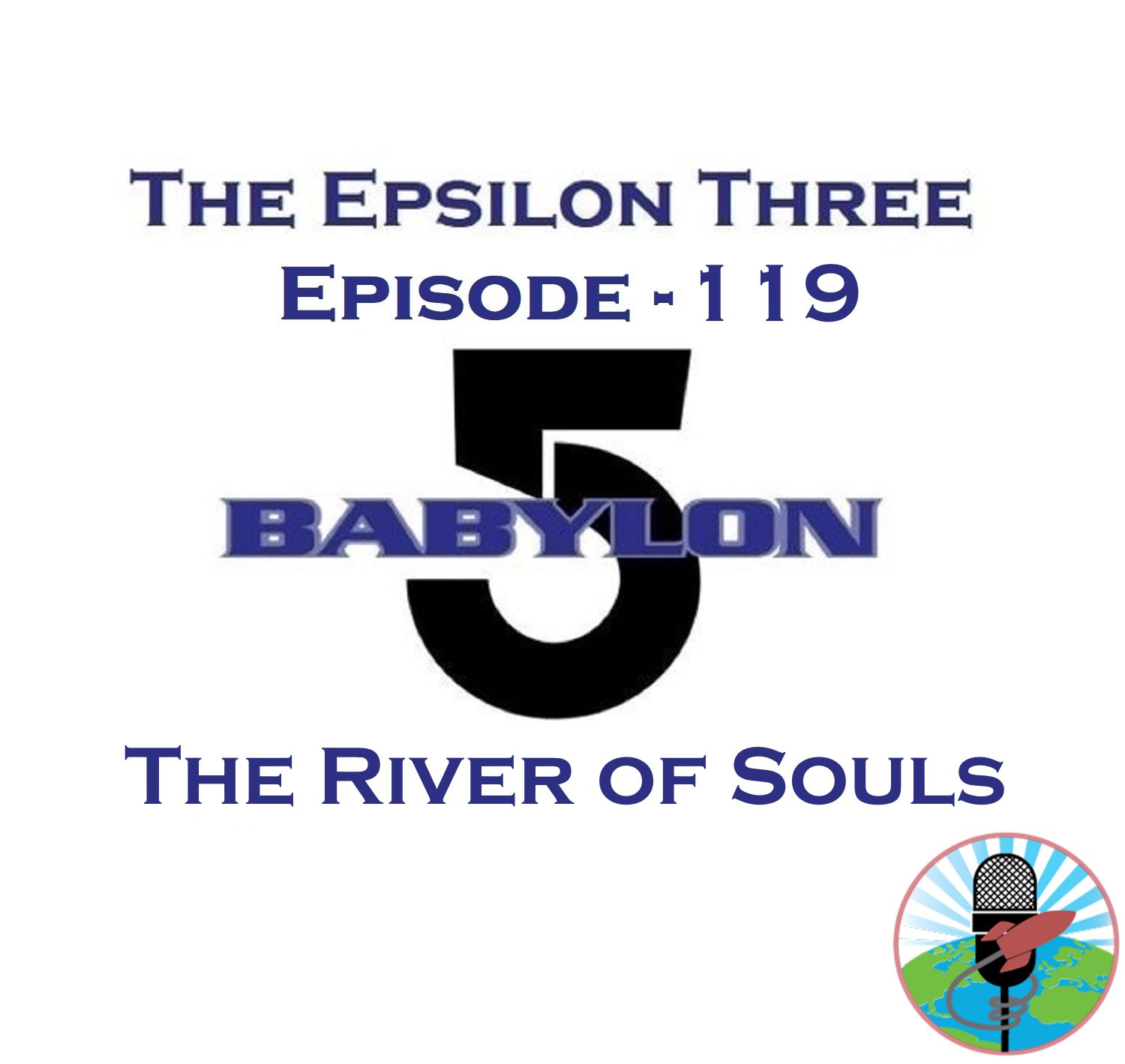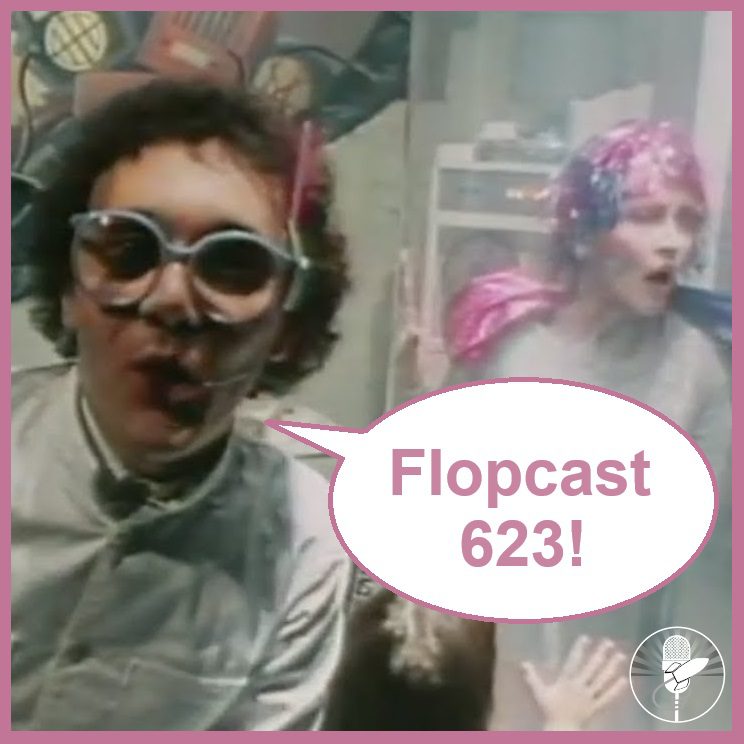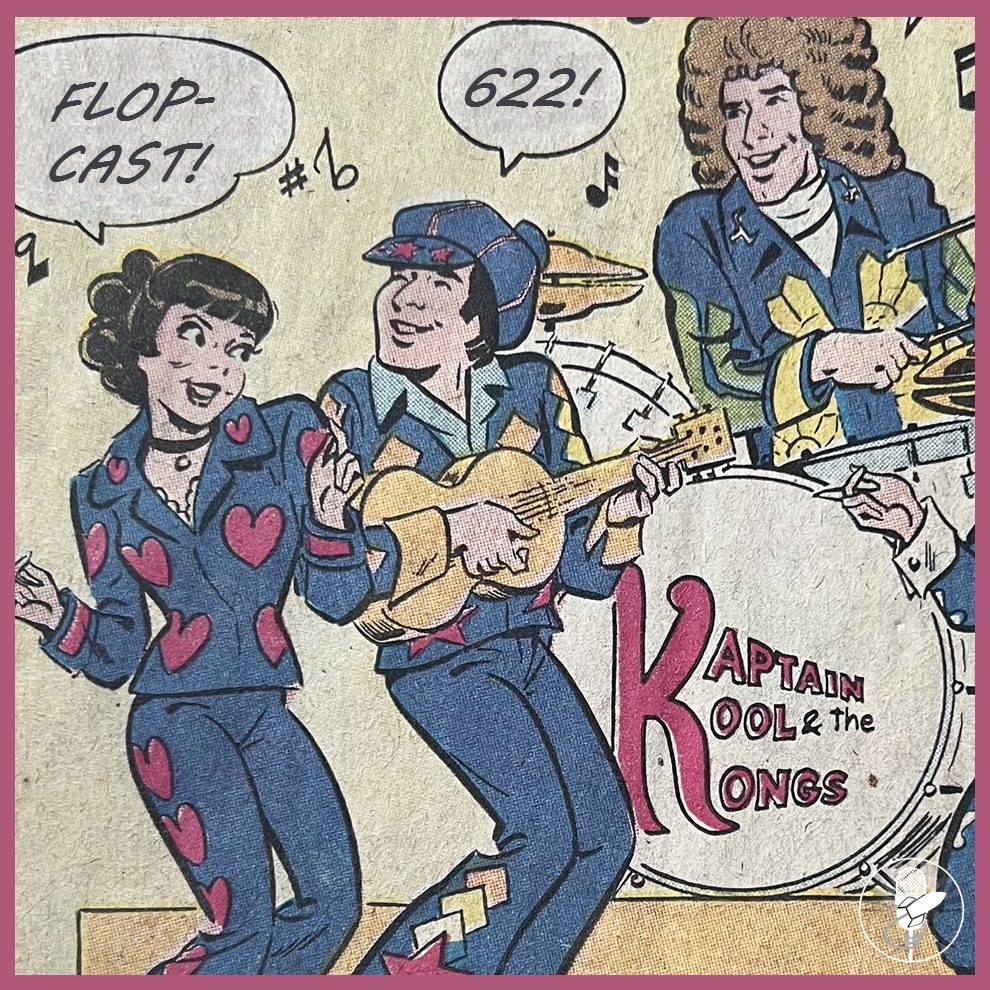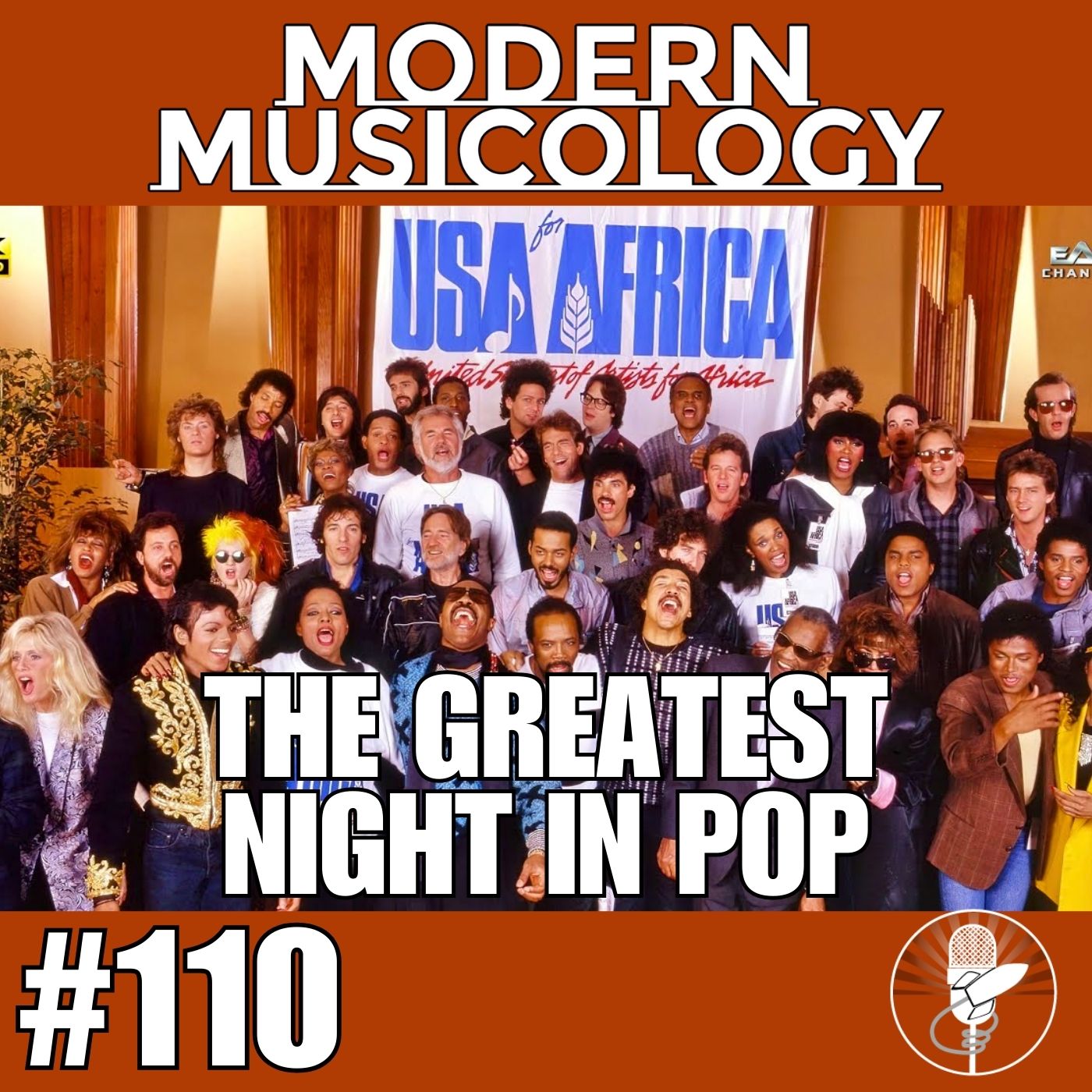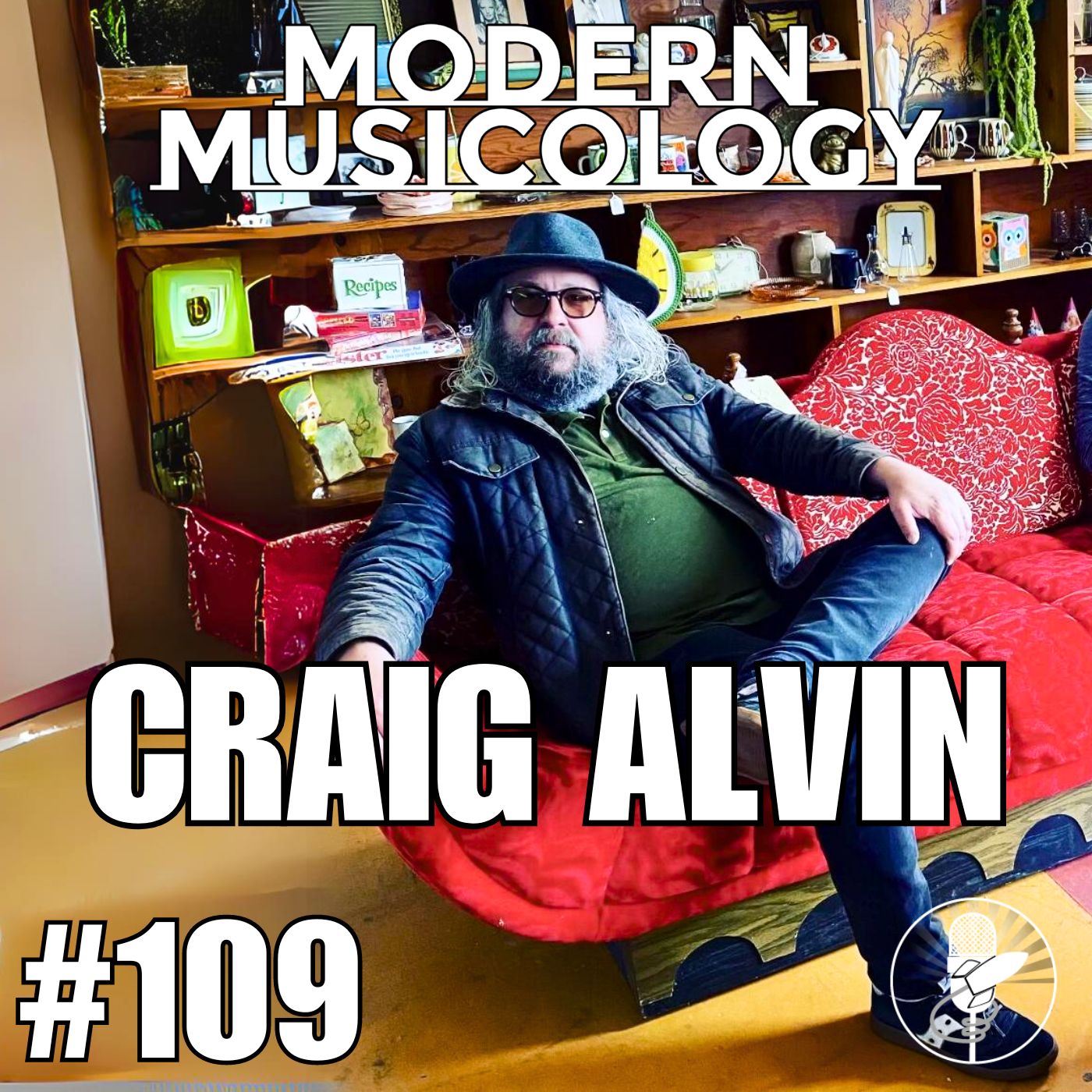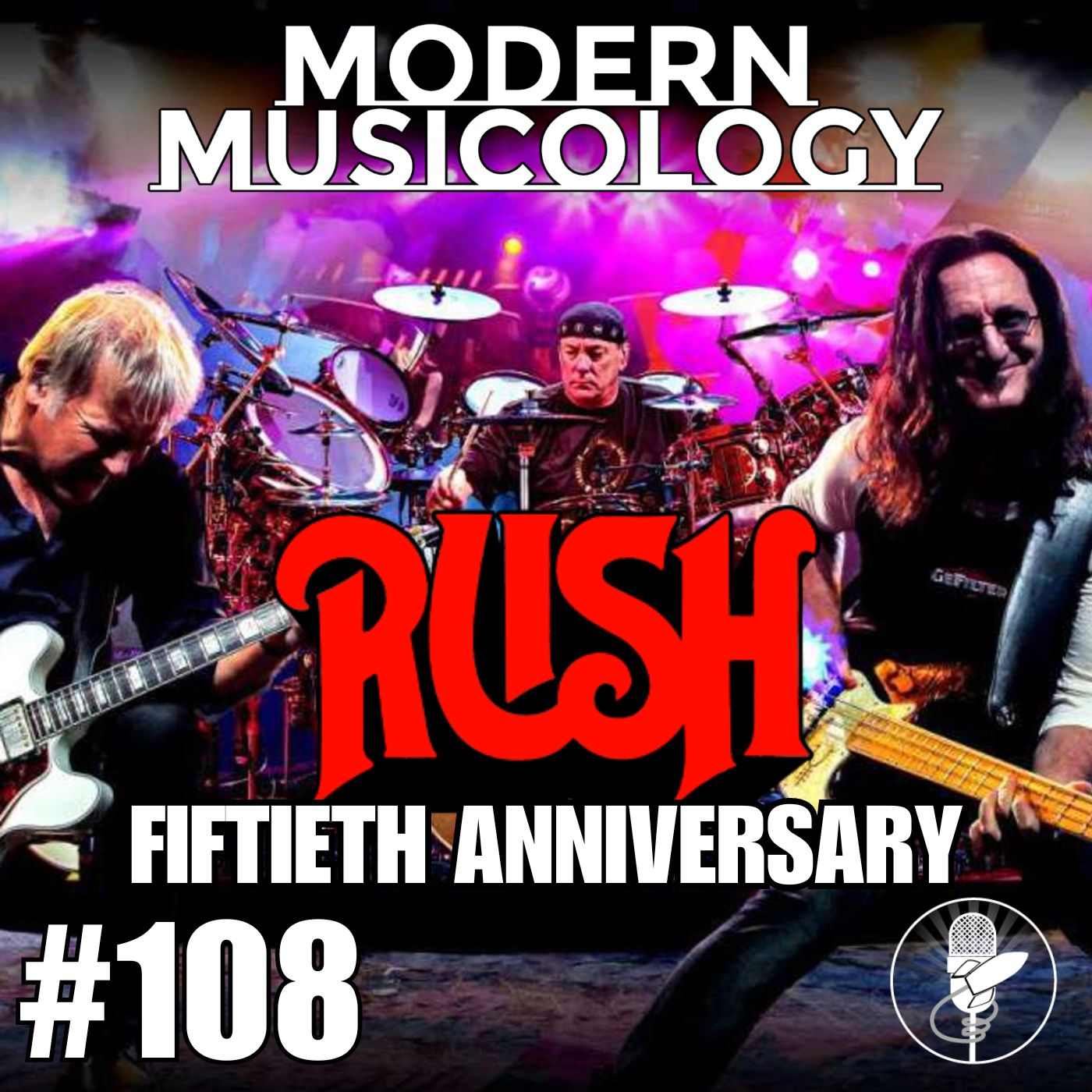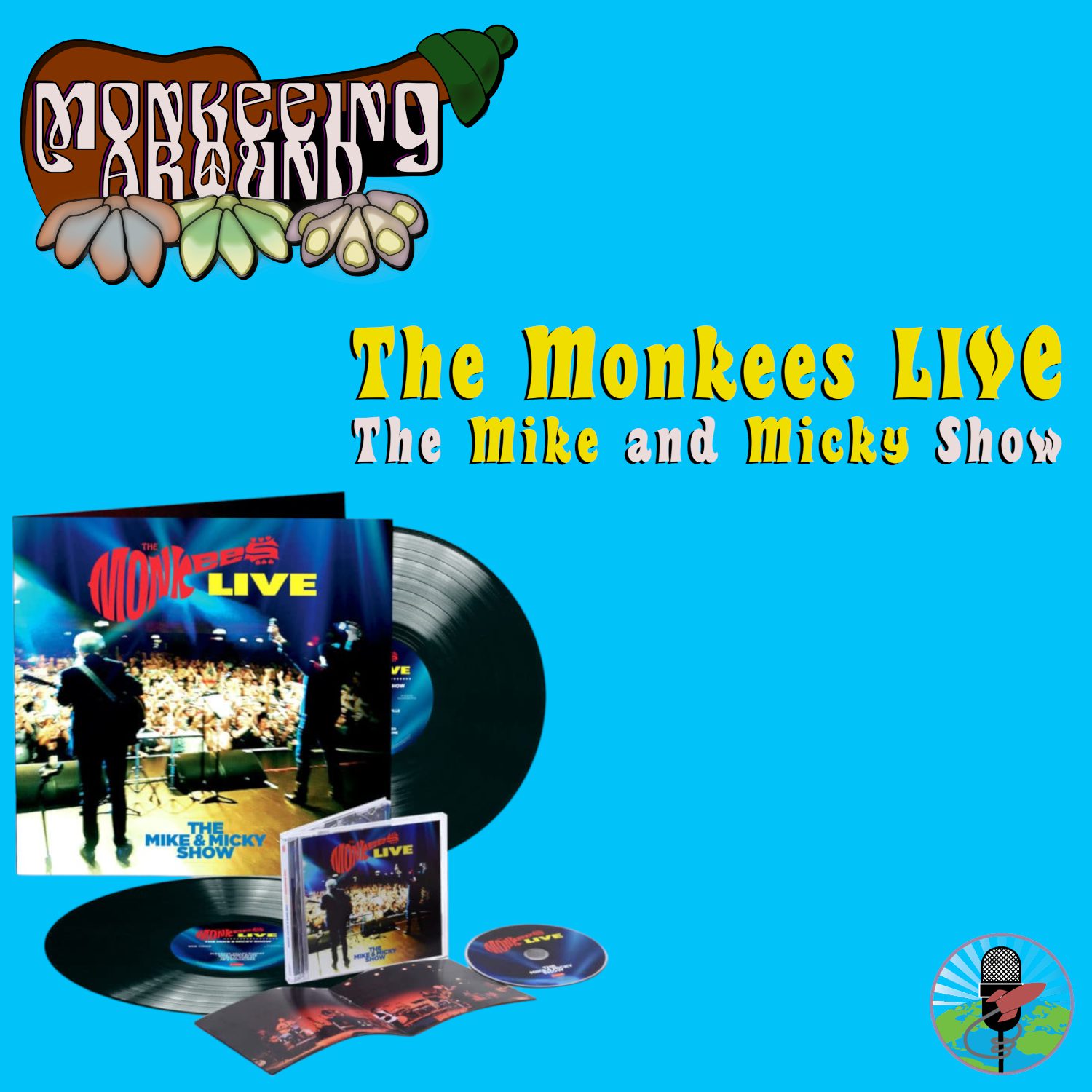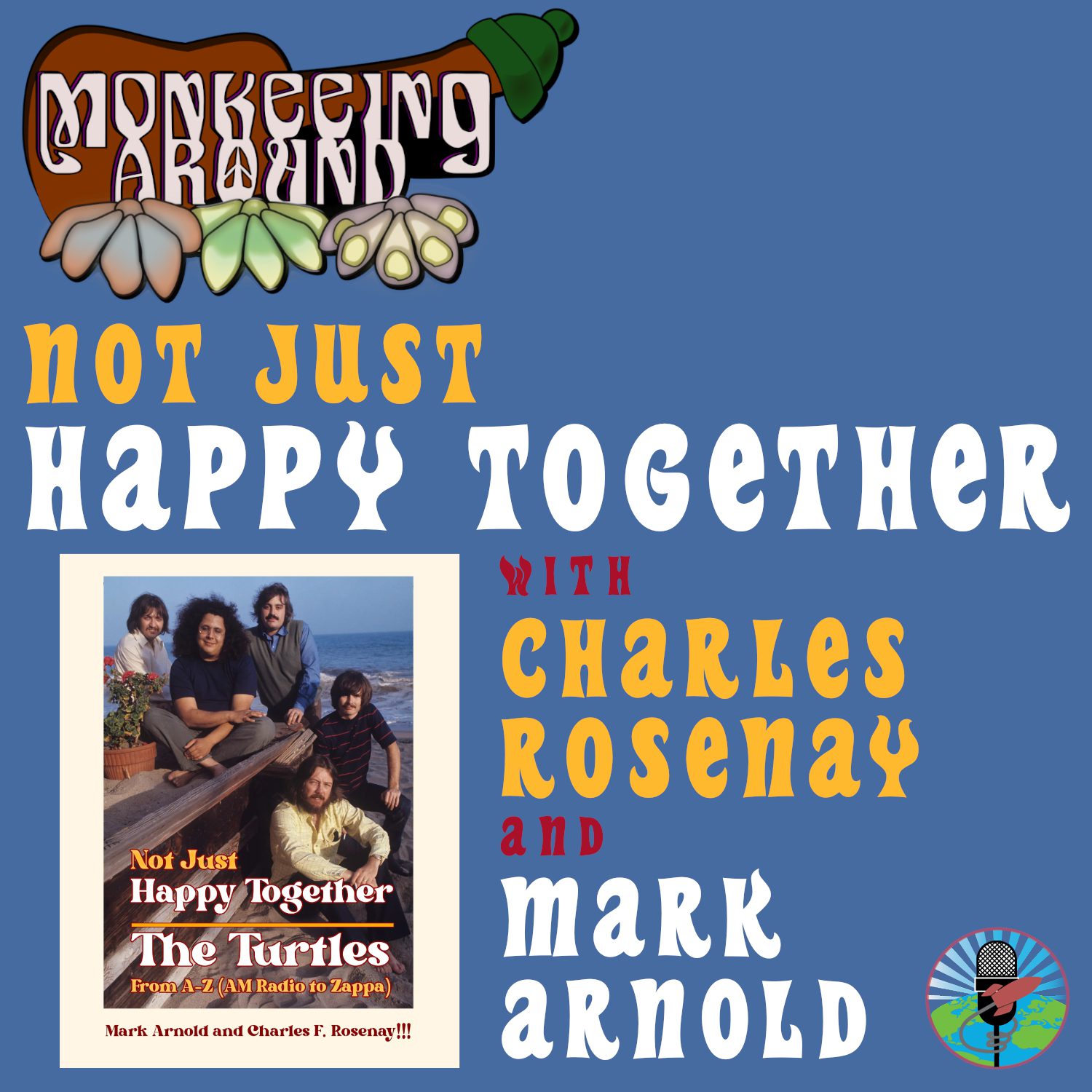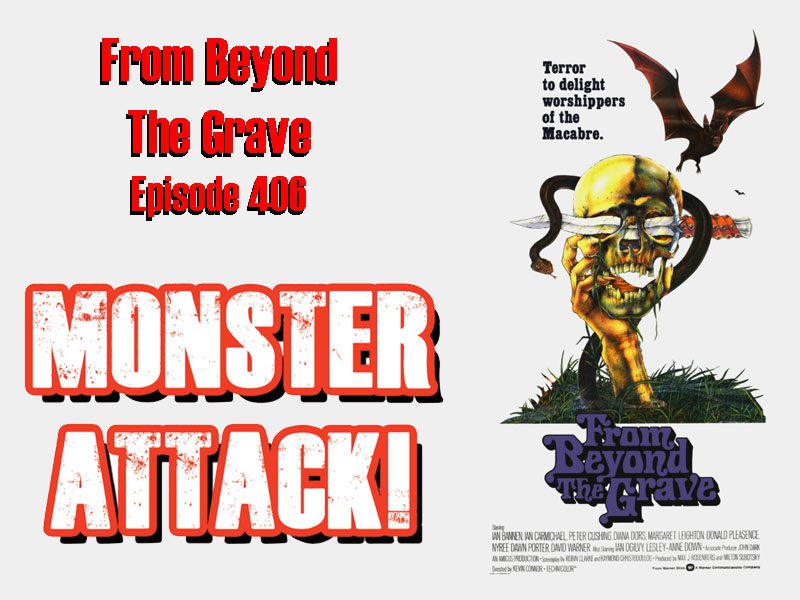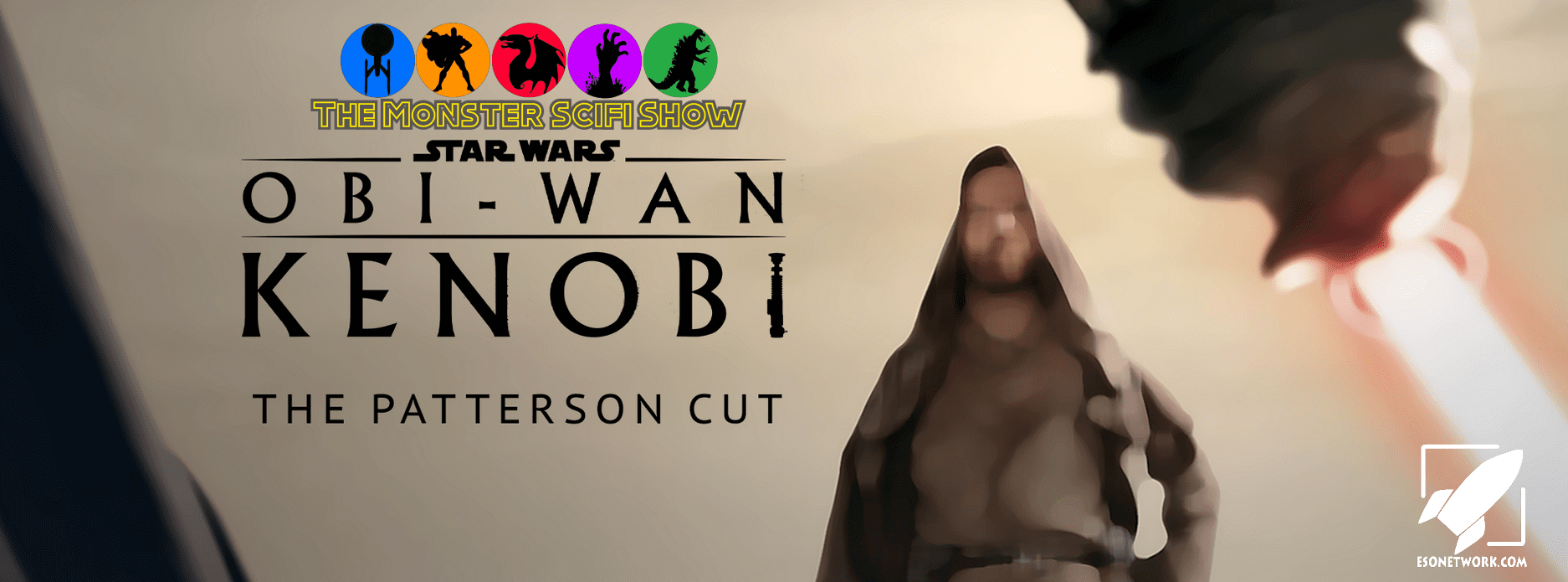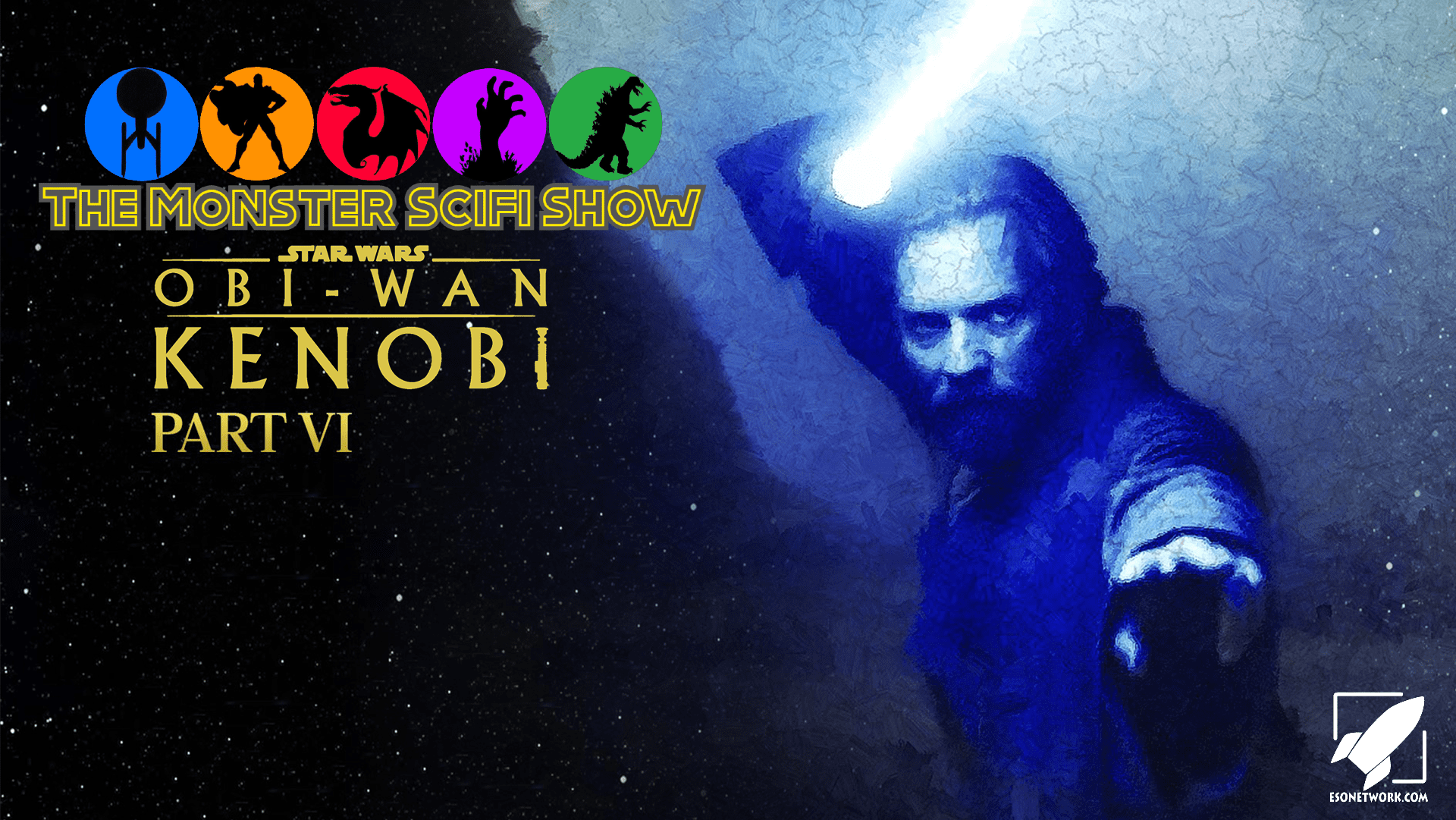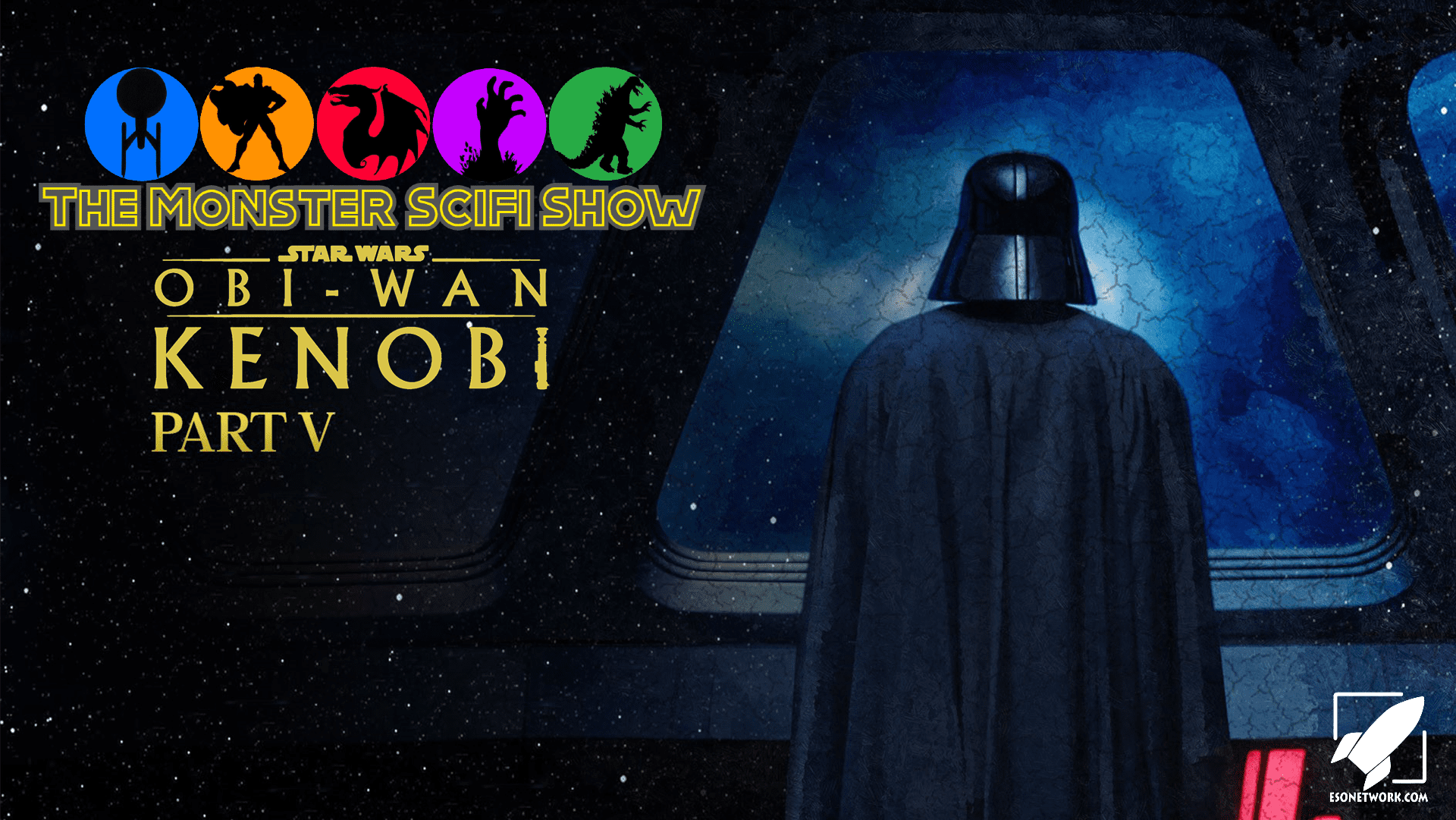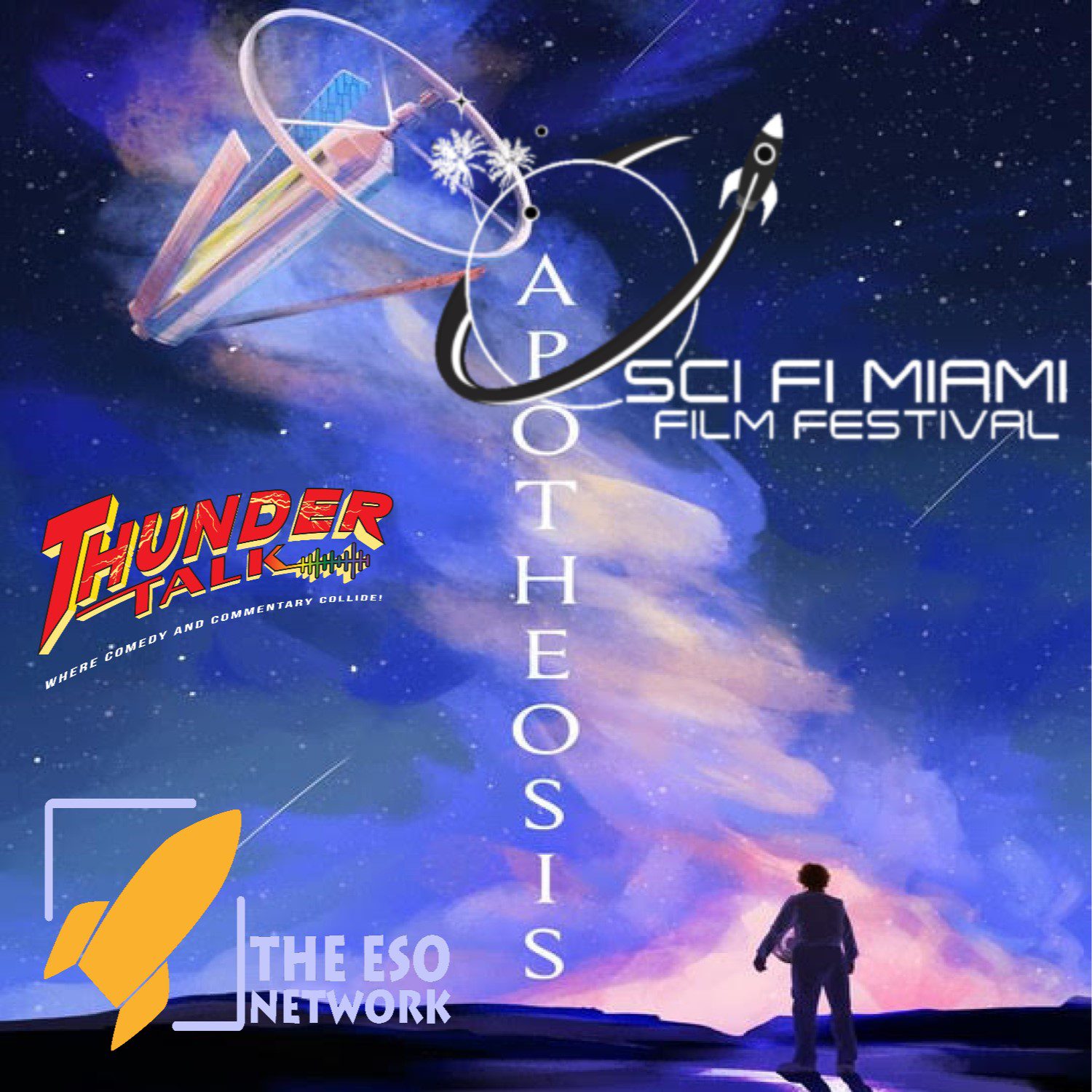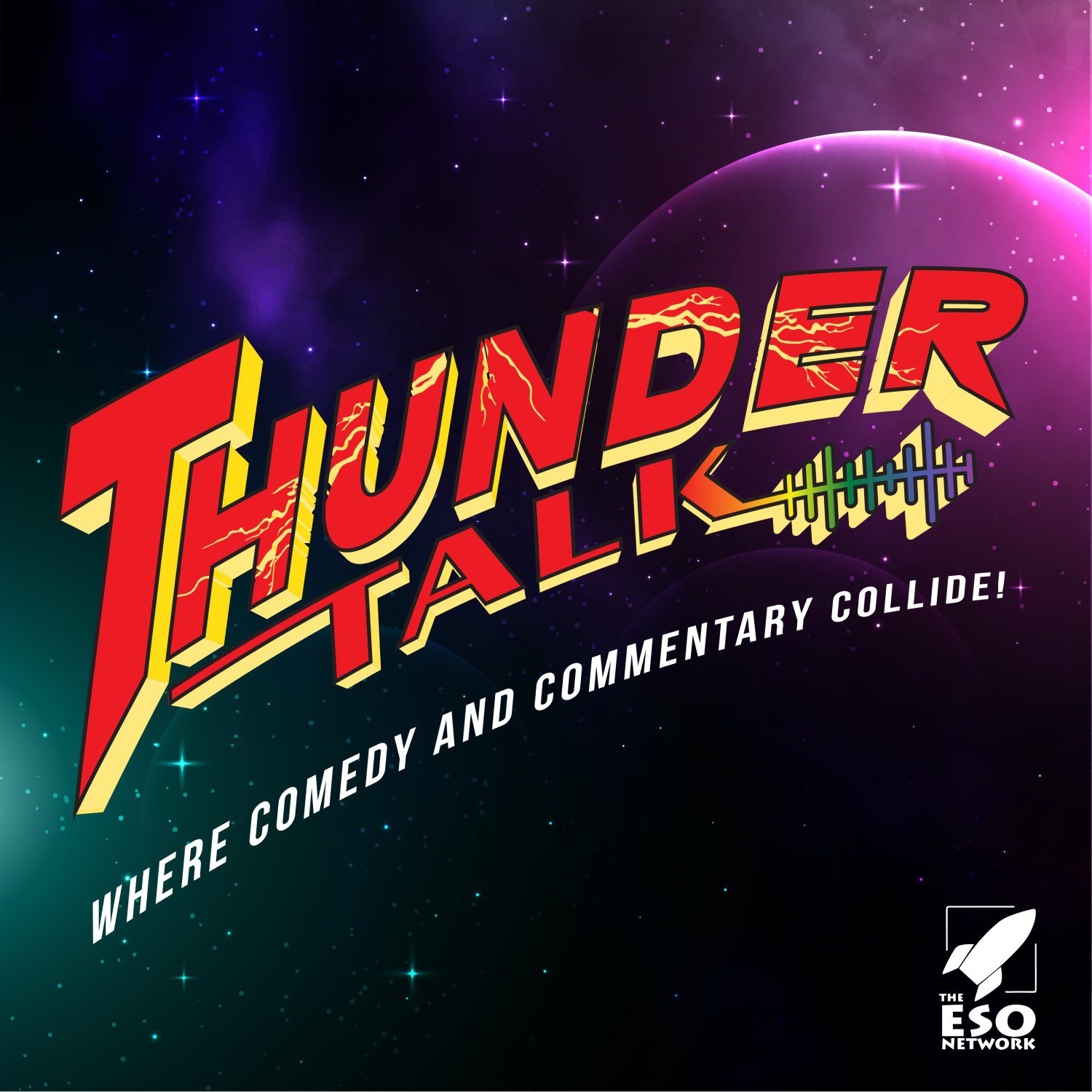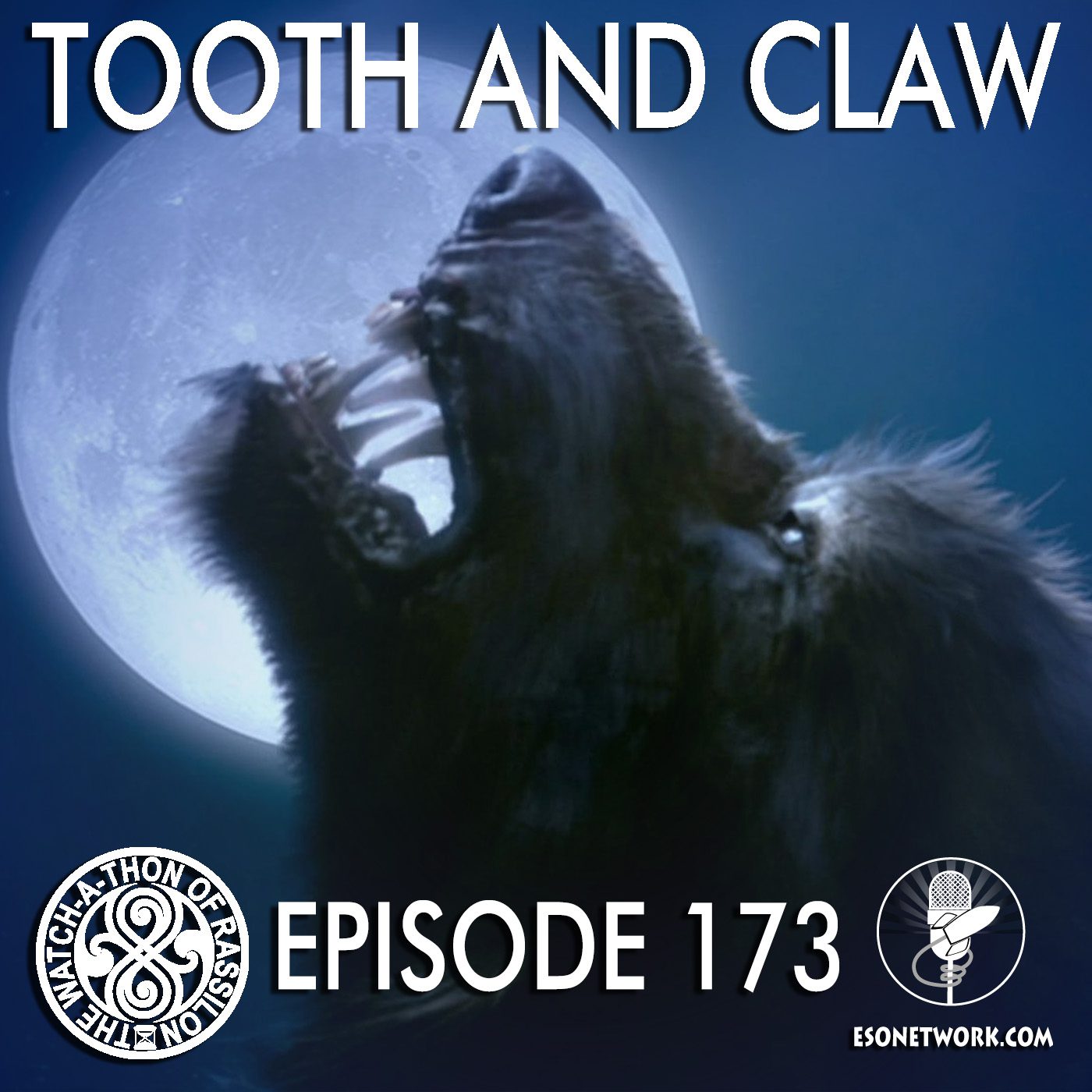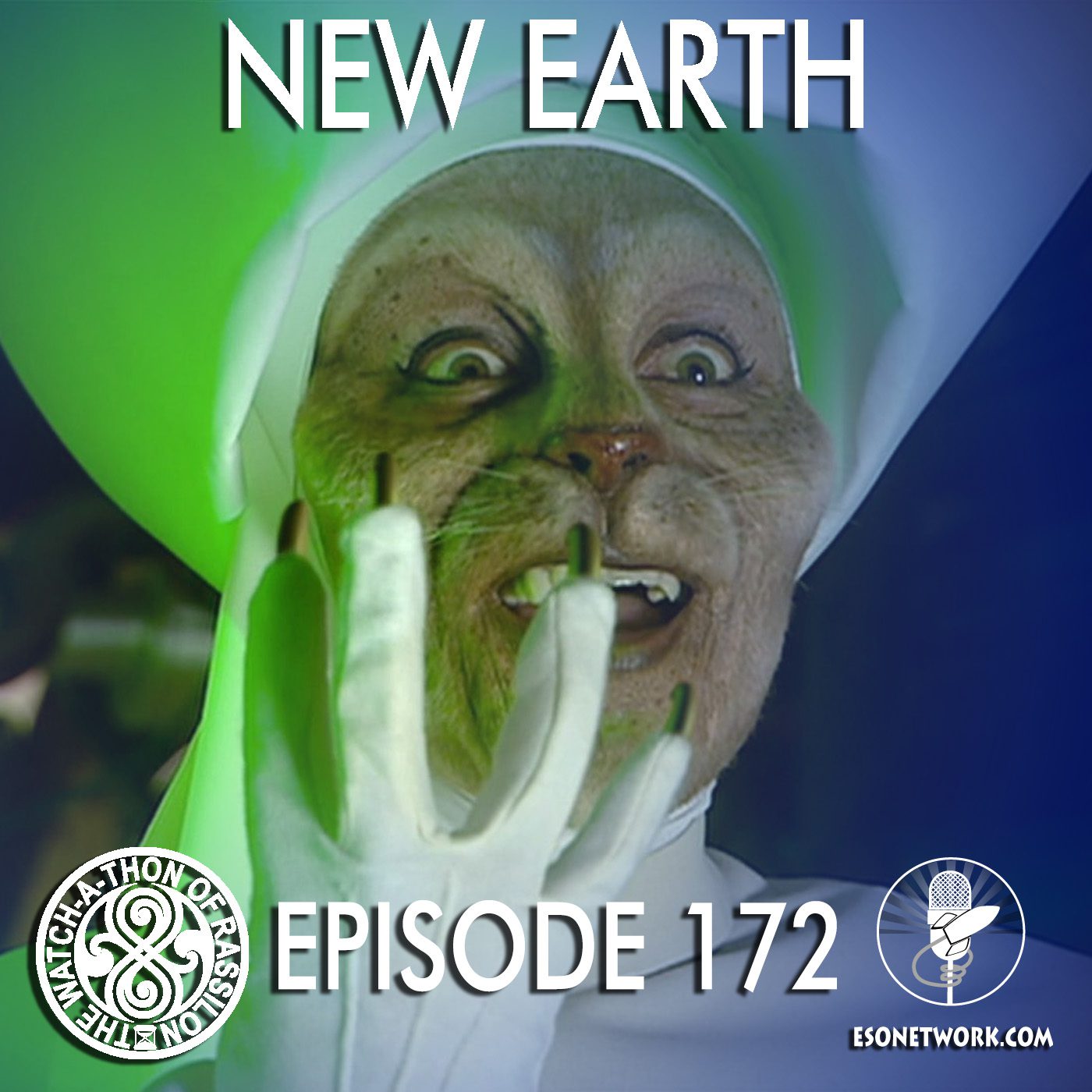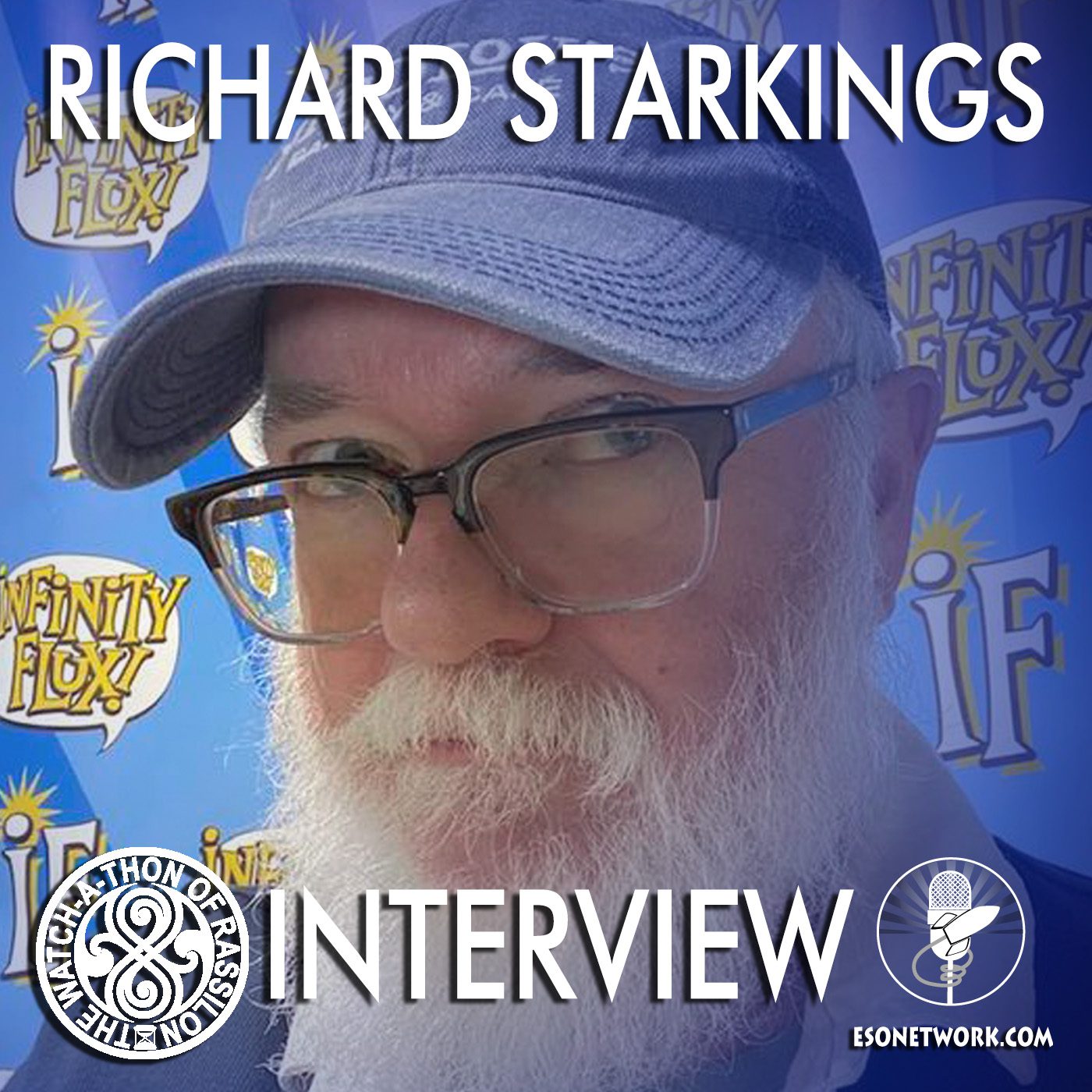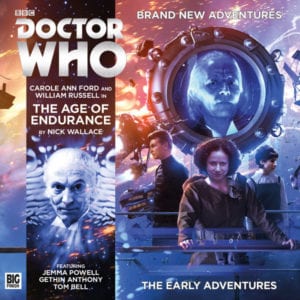 Blurb: The TARDIS materializes on board a still and eerie spaceship. When a squad of soldiers land, they realize they’ve found themselves in the middle of a war zone. With one of their crew trapped by the enemy, the Doctor and his friends find themselves locked in a desperate race for survival. Vast warships manoeuvre around each other as both sides try to out-think their opponents, flying into ever more dangerous areas of space.
Blurb: The TARDIS materializes on board a still and eerie spaceship. When a squad of soldiers land, they realize they’ve found themselves in the middle of a war zone. With one of their crew trapped by the enemy, the Doctor and his friends find themselves locked in a desperate race for survival. Vast warships manoeuvre around each other as both sides try to out-think their opponents, flying into ever more dangerous areas of space.
The stakes could not be higher. But as ever in war, the lines between good and evil are hard to define. Will anyone survive to claim the moral high ground?
Review: The Early Adventures exist to tell Doctor Who stories in “black and white”. The first two seasons did an admirable job with it overall. The range not only allows the writers to explore new facets of old companions, but also to tell stories in a style that’s gone out of vogue in recent years. In these the science may be a little cheesy and the story-telling a little naive, but for those who love sixties television this is not a problem. Occasionally, the range has pushed the limits of what could have been done with the time either by pulling in future continuity or by dealing with subject matter that would never have been covered in the 1960’s. Overall, though, it has maintained that sixties nostalgia feel.
This was author Nick Wallace’s first foray into writing for The Early Adventures. He chose to use a nautical theme, making it the second story in this range to feature the first Doctor, Ian, Barbara, and Susan in a naval-style adventure. Here, though, they aren’t at literal sea, but in a spaceship that’s modeled in style after a submarine. The spaceship is near The Breach, a vast storm that surrounds an entire solar system populated by the two races of The Lastborn and The Shift. The TARDIS crew finds themselves in the middle of their conflict by arriving in one of their spaceships. The ensuing battle is full of naval jargon and will remind any listener of either World War 2 era submarine movies or the Mutara Nebula scene from The Wrath of Khan. It’s an interesting location used to create feelings of isolation and claustrophobia as two ships play cat and mouse under dangerous conditions.
Storywise, Wallace draws from various science-fiction tropes. The Shift are an experiment gone wrong. The Lastborn are a humanoid race doing whatever they can to survive. The creation hates the creator and enslaves them. There’s electricity that animates life. There’s cosmic radiation that leaves all life on a planet sterile. None of these ideas are new, but Wallace weaves them into a unique combination that doesn’t feel like anything that’s come before. The pacing is typical of early Doctor Who. Time is given for the story to breathe, and a large portion of the first episode is devoted to the TARDIS crew exploring their new environment and trying to puzzle out what’s going on. As the story progresses, there are action sequences and tense, dramatic moments, but a large part of the time is spent with characters conversing. It’s meant to be tense. The issue is that unlike the aforementioned Mutara Nebula scene, this tension needs to play out over one hundred minutes, and it’s really impossible to maintain that for so long. About midway through, the story begins to feel tedious, and it doesn’t really pick up again until the very end.
Interesting and compelling characters would help to counteract the slow pacing and keep interest, but this is a story that’s all about the story. The Lastborn characters that Ian, Susan, and the Doctor befriend are very much of the “stiff upper lip” classic British military mold. Olivan’s the exception, but he just seems like a fairly meek, green soldier. He doesn’t interact much with the main characters and his importance is all part of the story. The script even works against the regulars. The production team made the infuriating decision to write Barbara out of the story from the end of episode one until midway through episode four, despite having recast the part. The Doctor is written out of an episode as well. When he is present, he’s a weakened shadow of his former self. Ian and Susan are left to carry the story, and while they can be two very interesting characters it does not help amongst the very stale bunch that they’re interacting with. Even worse, they’re separated, so we’re even deprived of the natural chemistry that Ian and Susan normally have together. There’s no help from the villain’s quarter either. Arran and the Shift are the typical classic “bad guys” with very thin motivations for their actions, so that doesn’t help either.
One thing that does speak in this story’s favor is the charm in which it revels in it’s mandate to tell a story in black and white. So many of the trappings of the story seem ludicrous now, but would have made perfect sense in a story made for television in the 1960’s. The computers on an advanced spaceship utilize punch cards, and there’s a science lesson about the topic, just like Doctor Who used to do in this era. The engines seem to be mostly mechanical devices with giant pistons making loud noises in the engine room. Even the terminology is very 60’s. Early Doctor Who would often confuse the term Solar System and galaxy. The Age of Endurance is no different, with the term being used interchangeably in the story. It makes for a fun reminder of what these stories are, and aids the imagination to visualize how the story would look onscreen.
Despite some mediocre writing, the cast does a good job with what they’re given. William Russell is amazing. At over ninety years of age, the man still plays Ian as if he’s a man in his forties. At the same time, he manages to play the Doctor as well as narrating any scenes in which Ian appears alone. It’s likely a sign of his age that the Doctor is written out for an episode and that he’s given sparse narrating duties. It’s a shame because Russell’s performances have always been so good. The Doctor is injured and talks with a scratchy, weak voice throughout most of the story. It’s not as strong a performance as Russell’s turned in before, but the Doctor is still recognizable. Carole Ann Ford is still adept at making the years melt away to recreate her voice for Susan. Even Russell’s age creeps into his performance, but Ford’s Susan is amazingly close to how she originally sounded. As a narrator, Ford is competent, but her reading lacks inflection, so it isn’t incredibly interesting to listen to. No one from the guest cast distinguishes themselves much except for Rachel Atkins, whose performance is a real treat because she’s a woman playing the traditional British officer role, which she does fantastically. The only other performance of note is that of Tom Bell as Arran and the Shift. It’s not clear exactly what the sound crew were going for. The Shift are described as reptiles, but their voices rather than employing any kind of sibilance are just run through an electronic distortion to sound very deep. It makes them seem indistinguishable from the Goa’uld of the Stargate franchise. It’s a real shame, since making the Shift sound interesting would have helped in making them seem like a heavy threat, but as depicted they aren’t very interesting.
One controversial casting decision that deserves special mention is the casting of Jemma Powell as Barbara Wright, since the original actress, Jacqueline Hill, died over twenty-five years ago. This isn’t the first recast of an original series role that Big Finish has done. Elliot Chapman was cast as Ben Jackson and Time Treloar was cast as the Third Doctor last year, so this isn’t as controversial as it could have been. Powell was selected because she’d played Jacqueline Hill in the An Adventure in Space and Time docudrama that was done for Doctor Who’s fiftieth anniversary. Powell never really sold the performance as Hill, making herself basically into a very generic young woman character. Since her role in that story was small it wasn’t that important, but it did seem strange that Big Finish cast her on audio based on that performance. Here it’s no different. Her Barbara speaks very slowly in very precisely enunciated English with no inflection. In some ways, it’s great to have her, since it frees Carole Ann Ford to concentrate on her performance as Susan and the narrator, but her Barbara lacks any of the energy or warmth that Jacqueline Hill brought to the role, and it’s a real shame that this is who will be voicing the character for the foreseeable future.
The music in The Age of Endurance finds the right mix of classic sixties sounds with tension building battle music. It’s also appreciated that the music was used appropriately, rather than completely drowning out the dialog through overuse as in a previous Early Adventure, Domain of the Voord. The sound design wasn’t particularly good in this, though. The Shifts in their reptilian form sound like someone recorded soda fizzing, and then treated it electronically to make it sound lower. It doesn’t sound much like a reptilian hiss, but more like some sort of chemical reaction. The laser blasts sound far to nuanced for an early Doctor Who story. There’s also some very awkward direction when it comes to the sound. When the Shifts transform, there’s narration to describe what happens only to have a delay, the sound of soda fizzing, and then another delay and then back to the story. Barbara is laid on a table to be scanned, and the scanning device is supposed to cause discomfort. The narration explains her discomfort, there’s a pause, there’s the most unconvincing “oof” sound from Powell, and then another pause before resuming the story. This happens several other times with various sounds. This never seemed quite so noticeable in other Early Adventures, but it’s a real distraction here. Likely, it would behoove the range to get rid of narration entirely, although that remains an unpopular opinion for those who wish for these to sound like the BBC CD’s for missing Doctor Who stories that contain narration to cover visual elements.
Recommendation: This season of the Early Adventures starts off with the weakest first Doctor story yet from the range. The Age of Endurance does a good job setting up an interesting mix of sci-fi tropes and it’s paced to allow plenty of time to develop the story and explore the situation between the two races of The Shift and Lastborn. Unfortunately, the regulars are underutilized, and the supporting cast isn’t interesting. The whole effect leaves the listener wondering why they should care about any of it. There’s some nice music, but it’s undercut by some sloppy sounds and sound direction. There’s some real sixties charm on display, which keeps the rating slightly above the halfway point, but it feels like something stronger could have been done with the same material. I recommend skipping this.
6/10
2016
Audio Drama
Big Finish Productions
Directed by Ken Bentley
Produced by David Richardson
Written by Nick Wallace
Runtime Approx 120 min.









